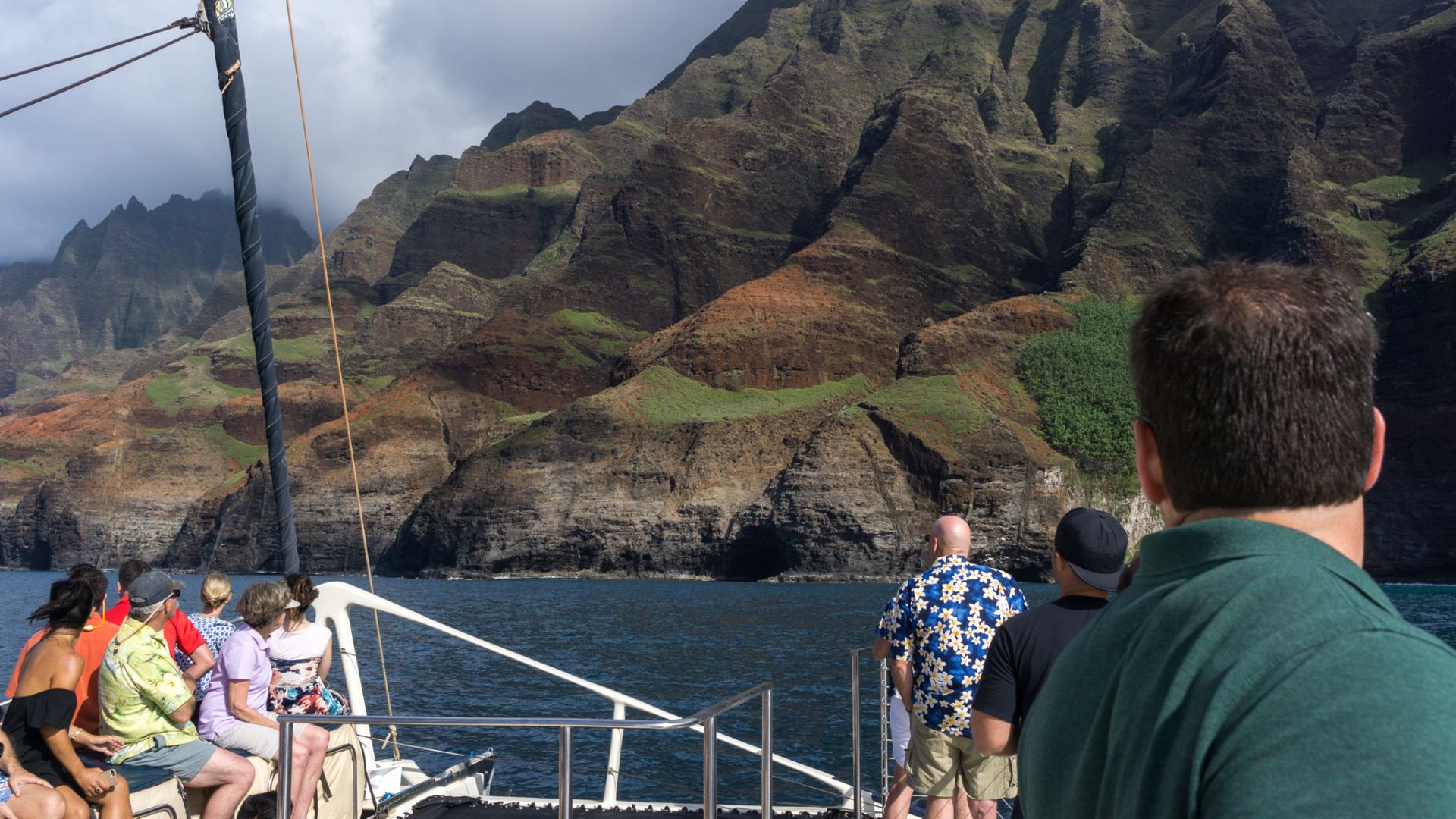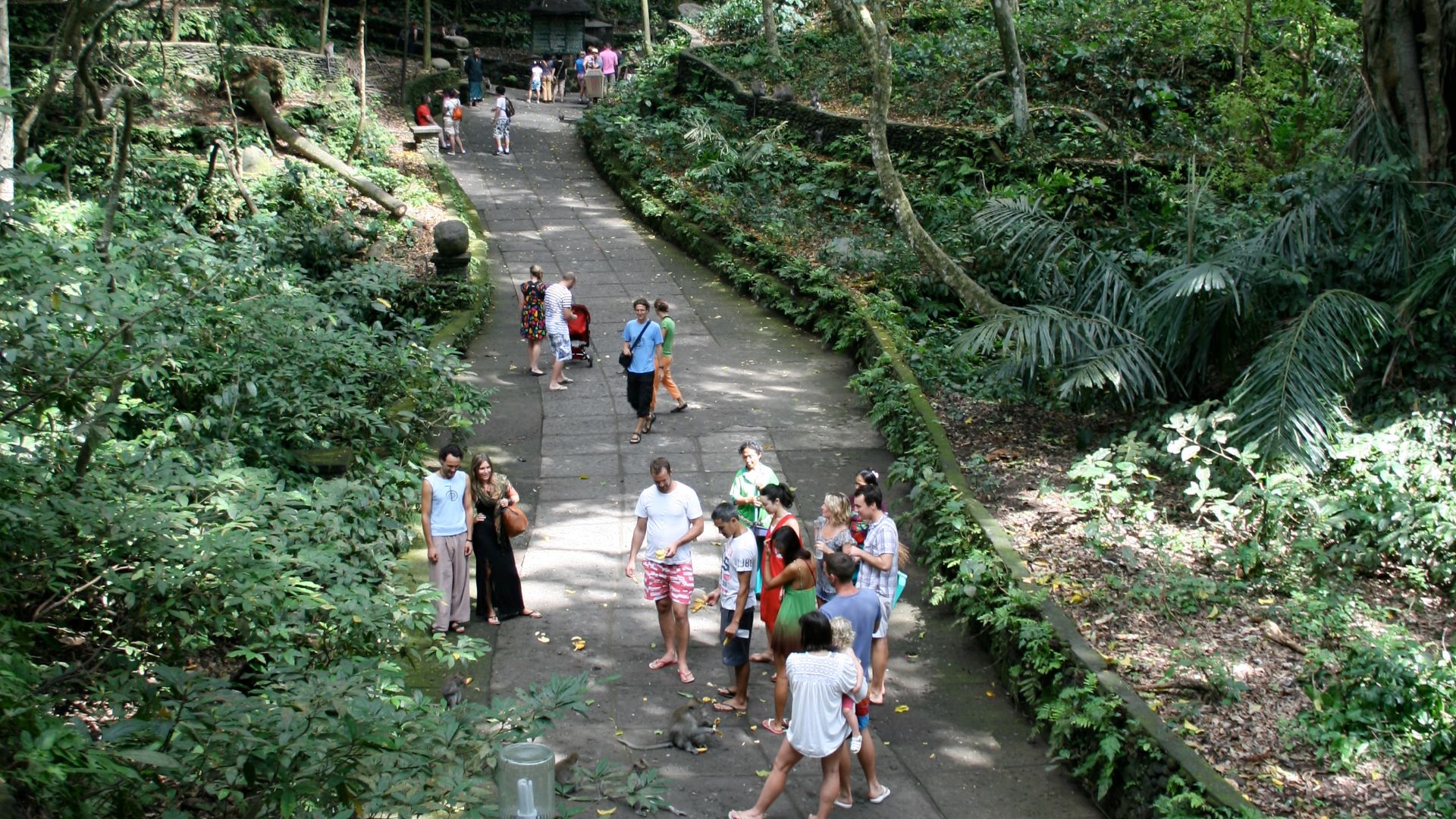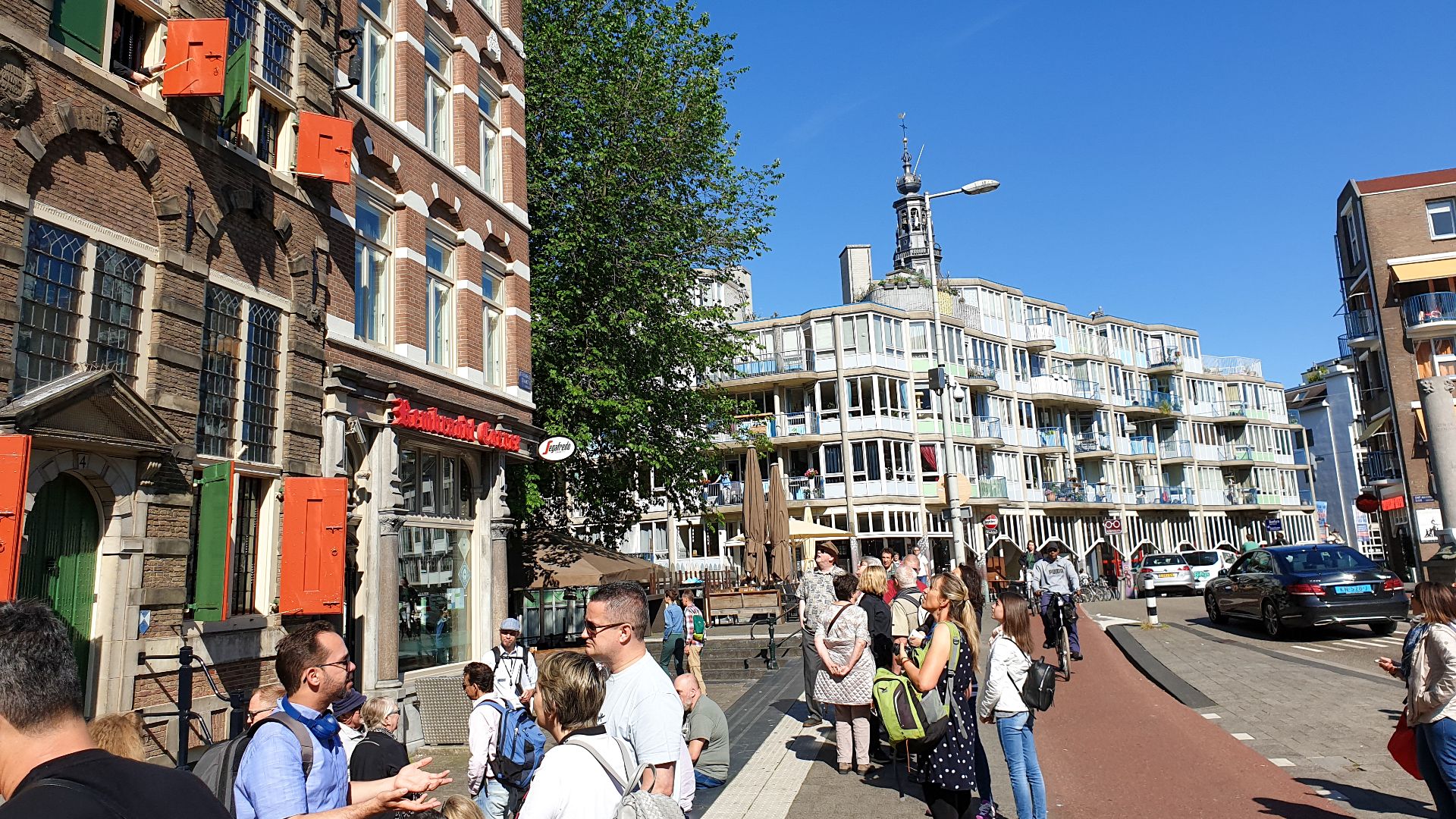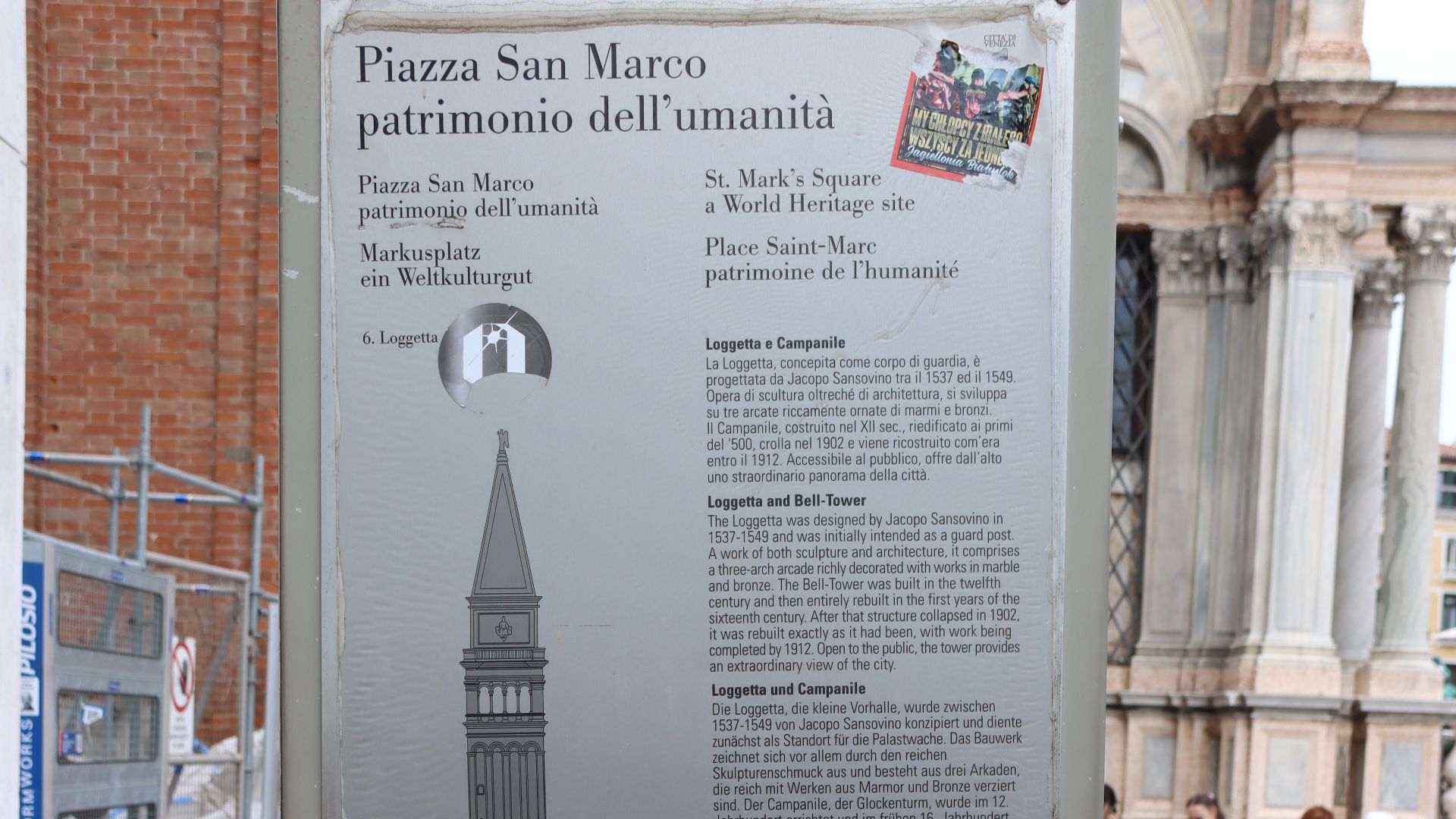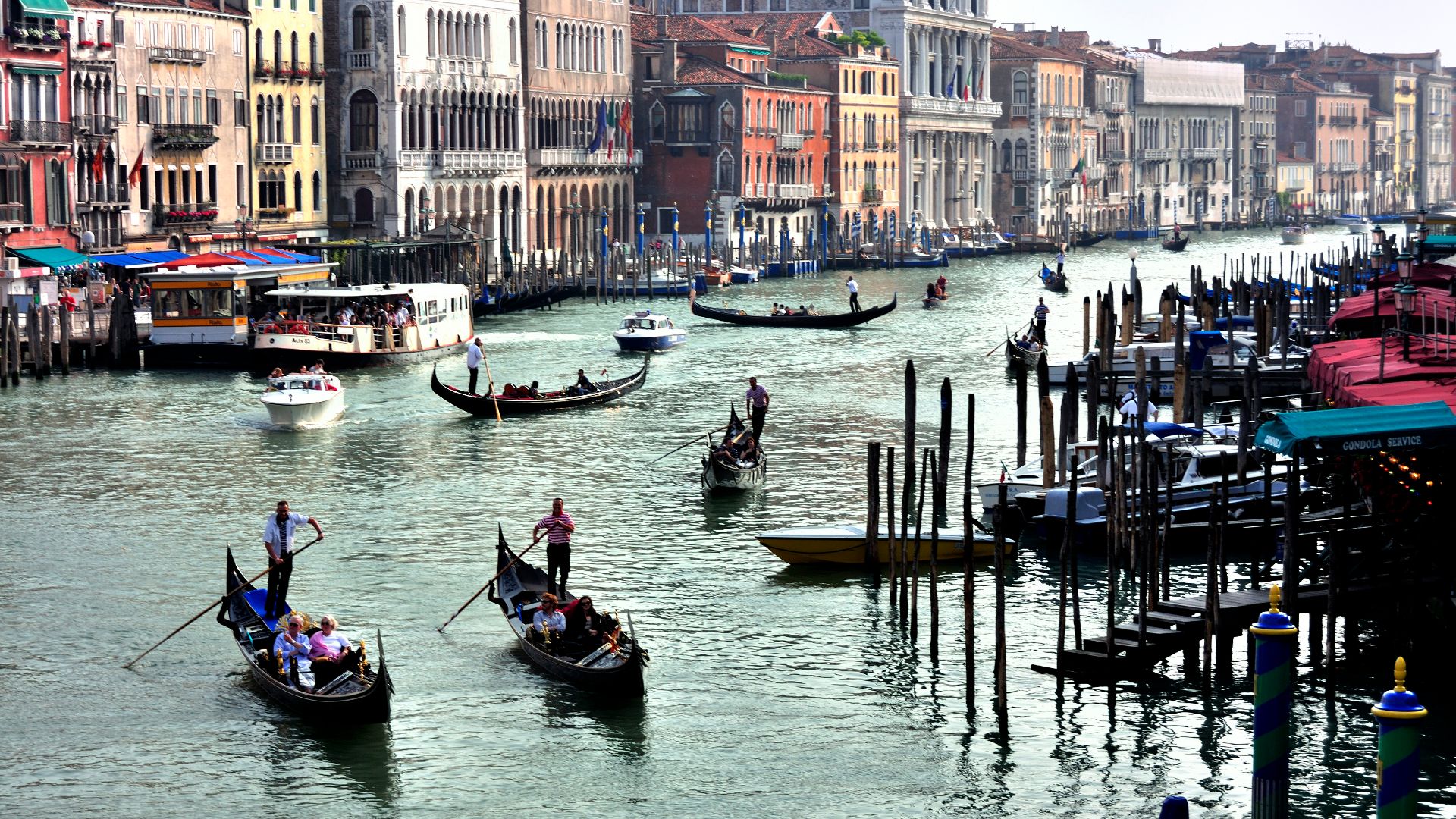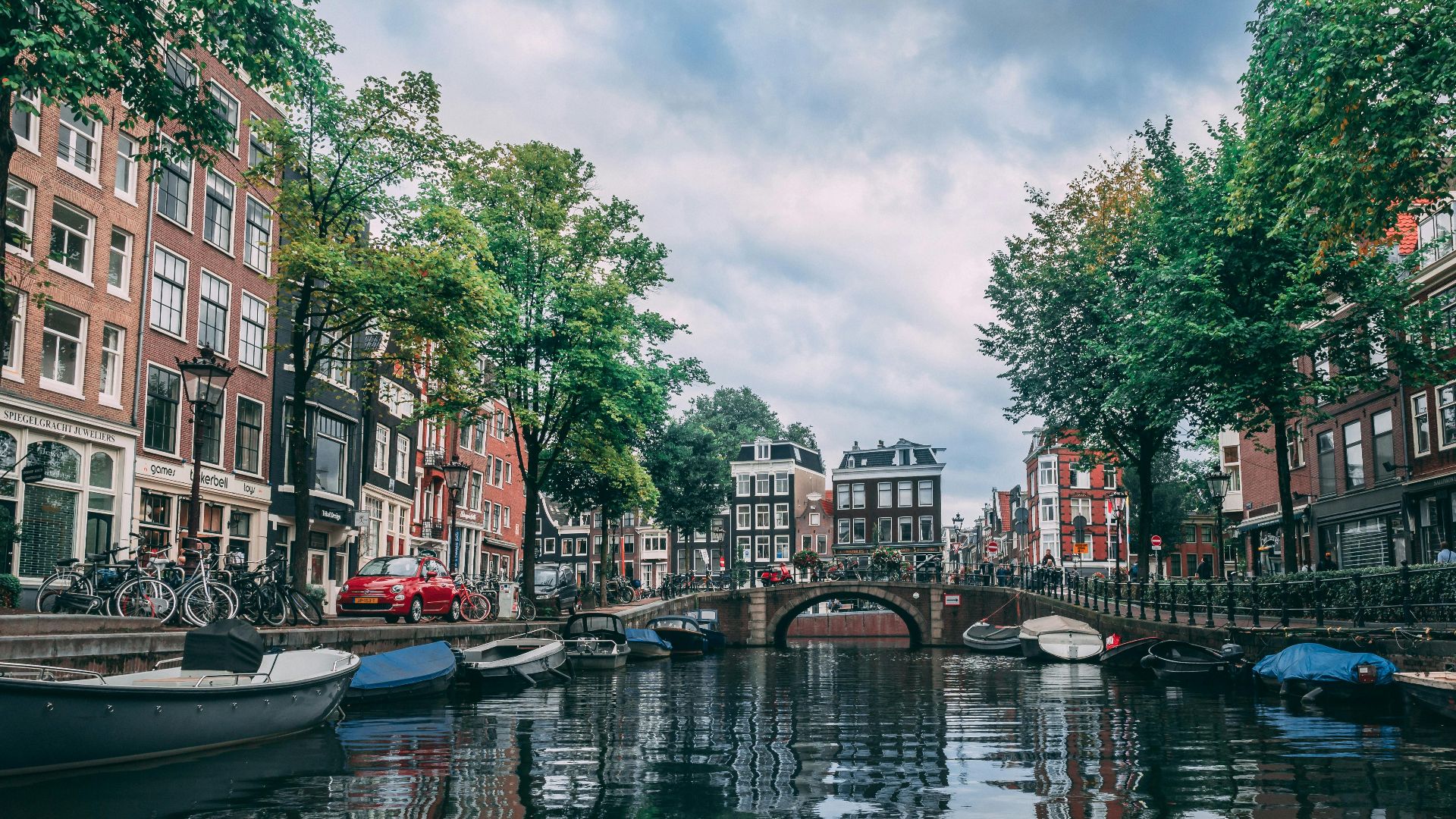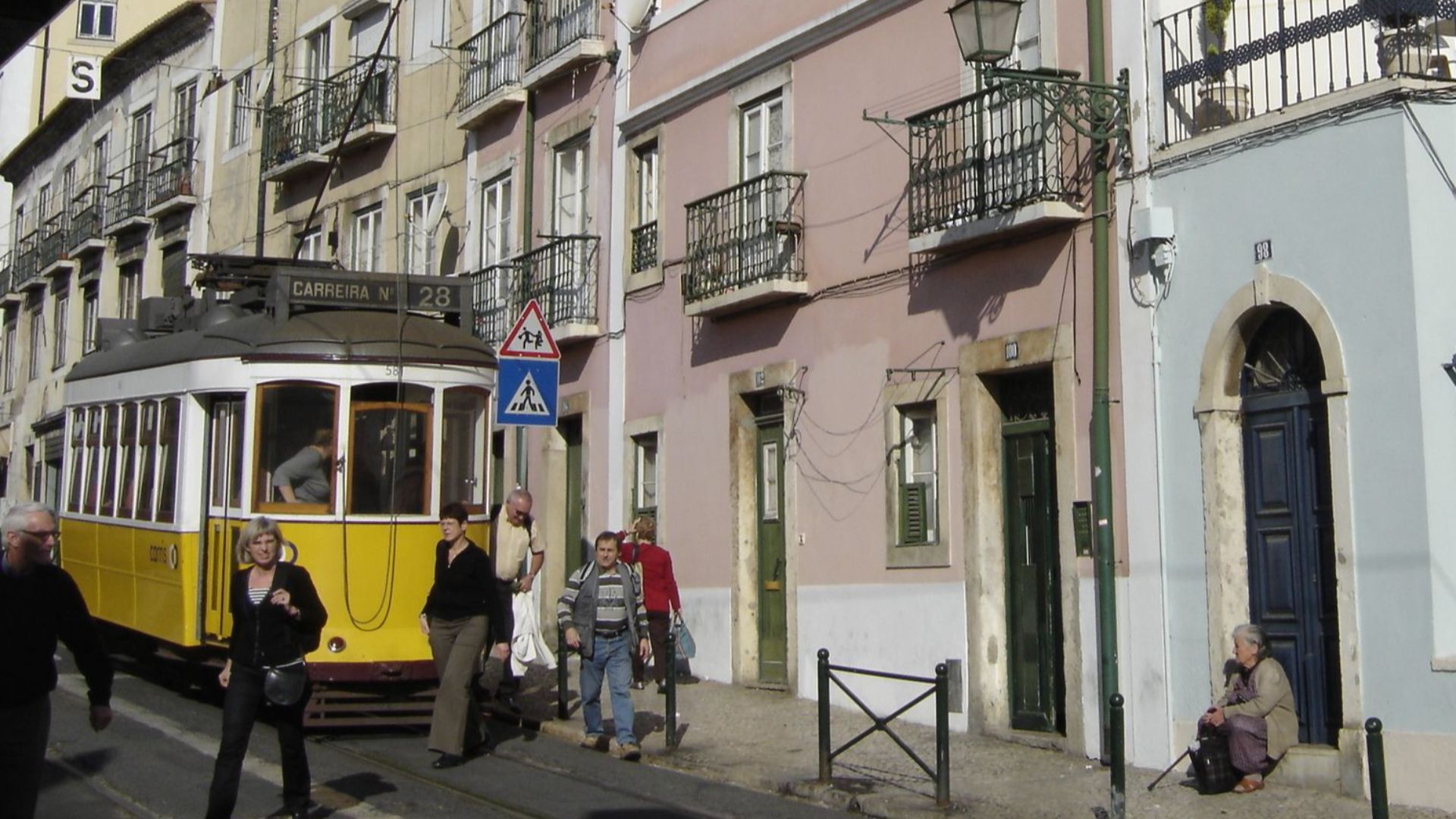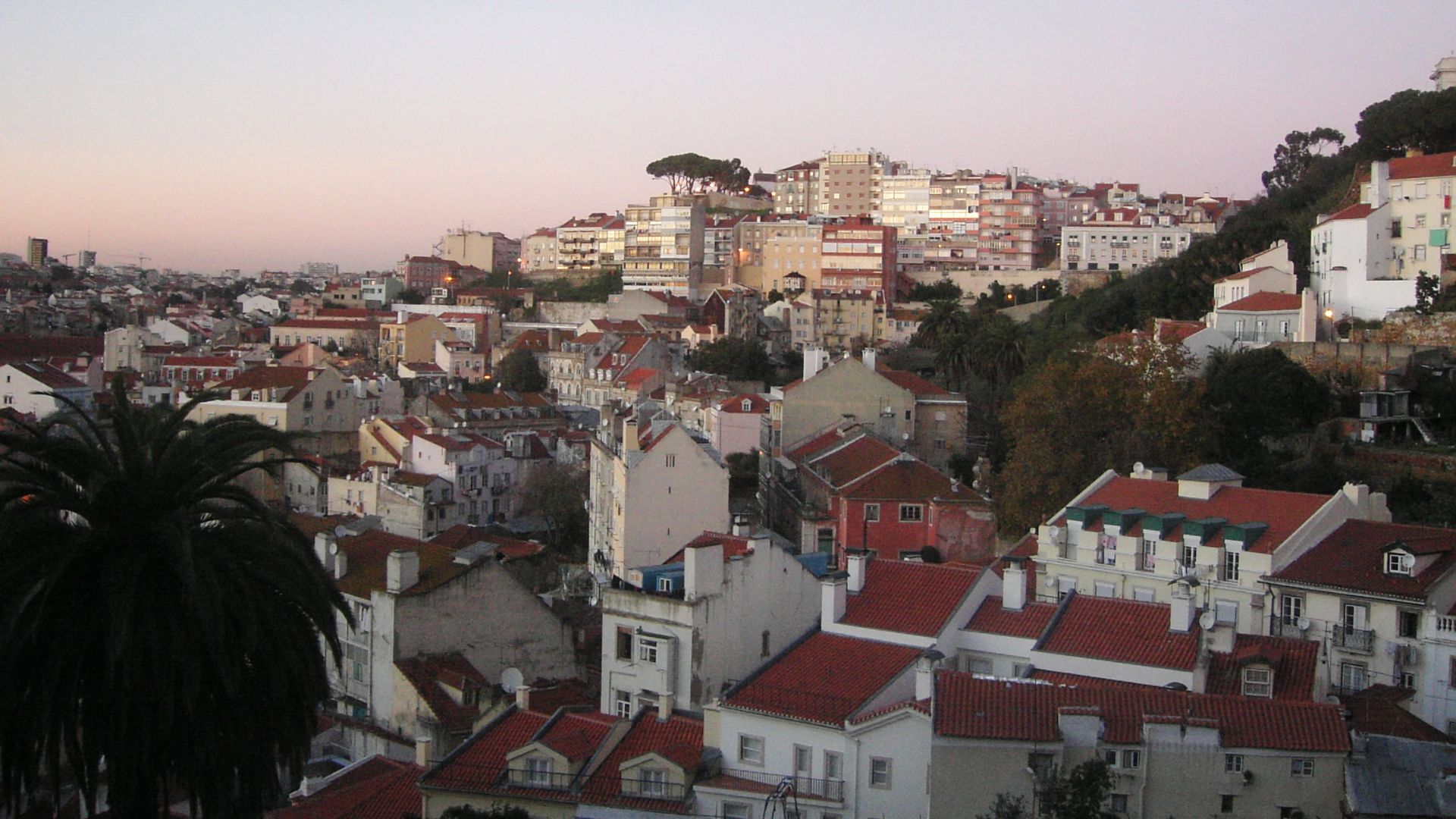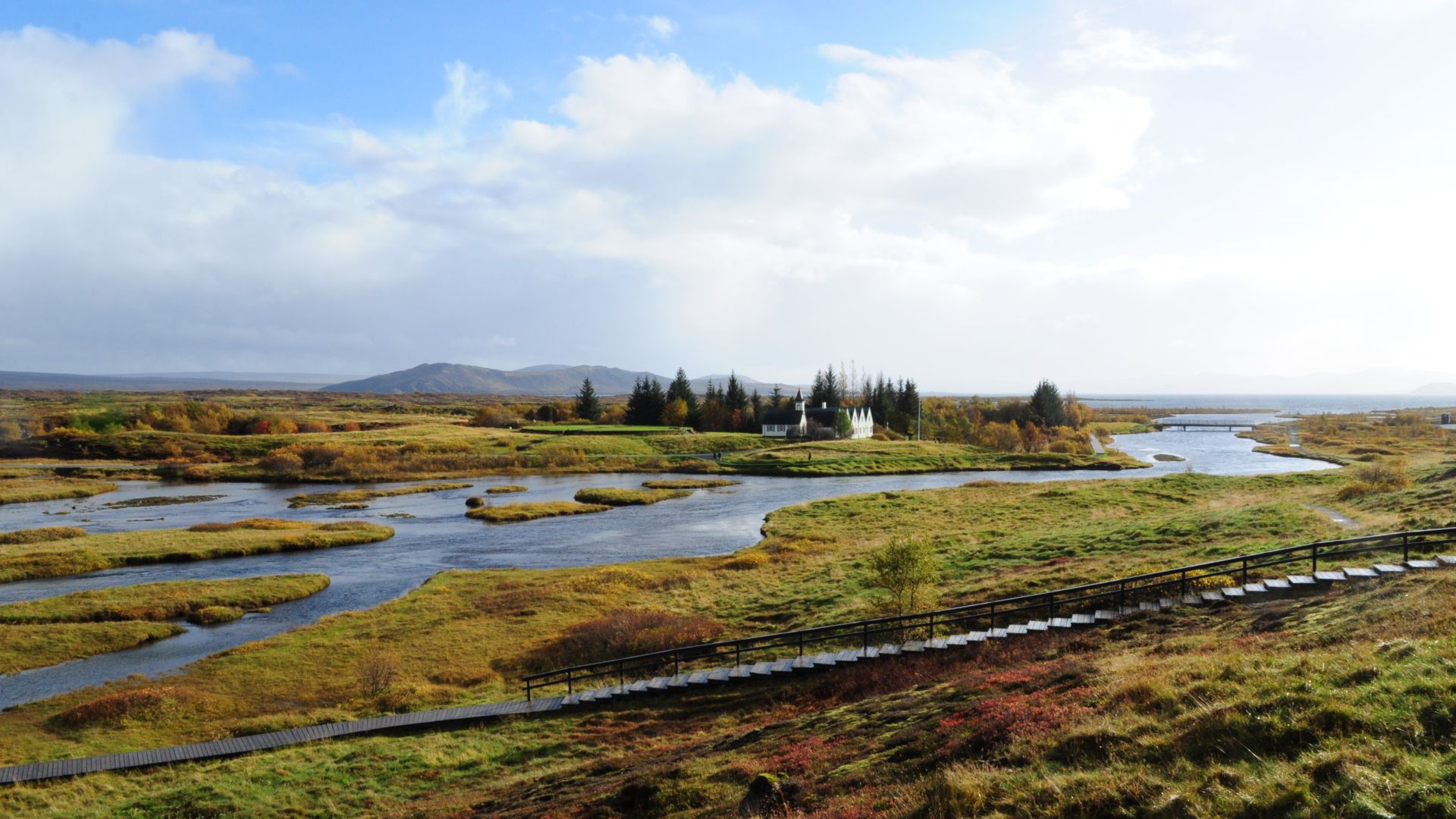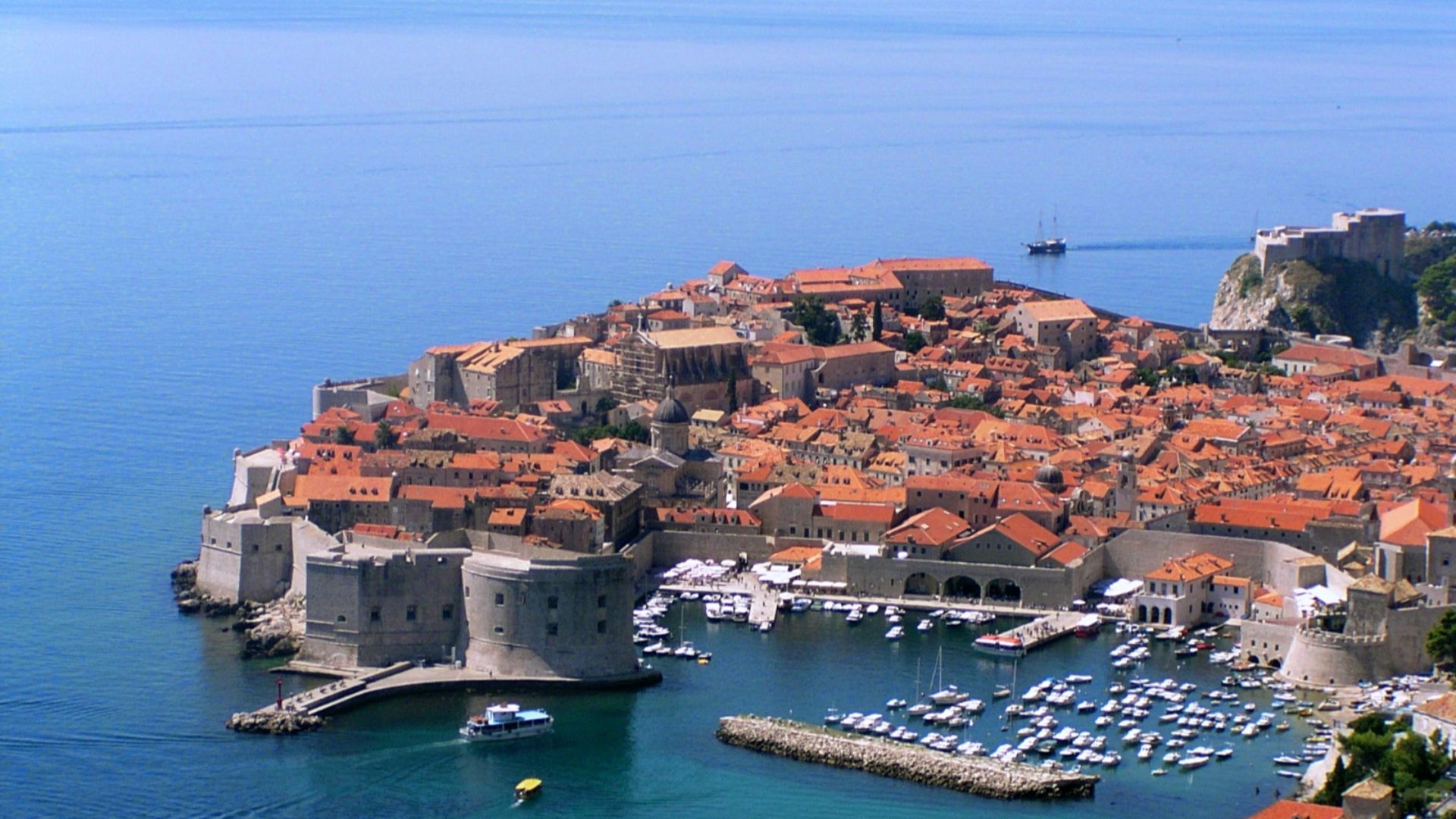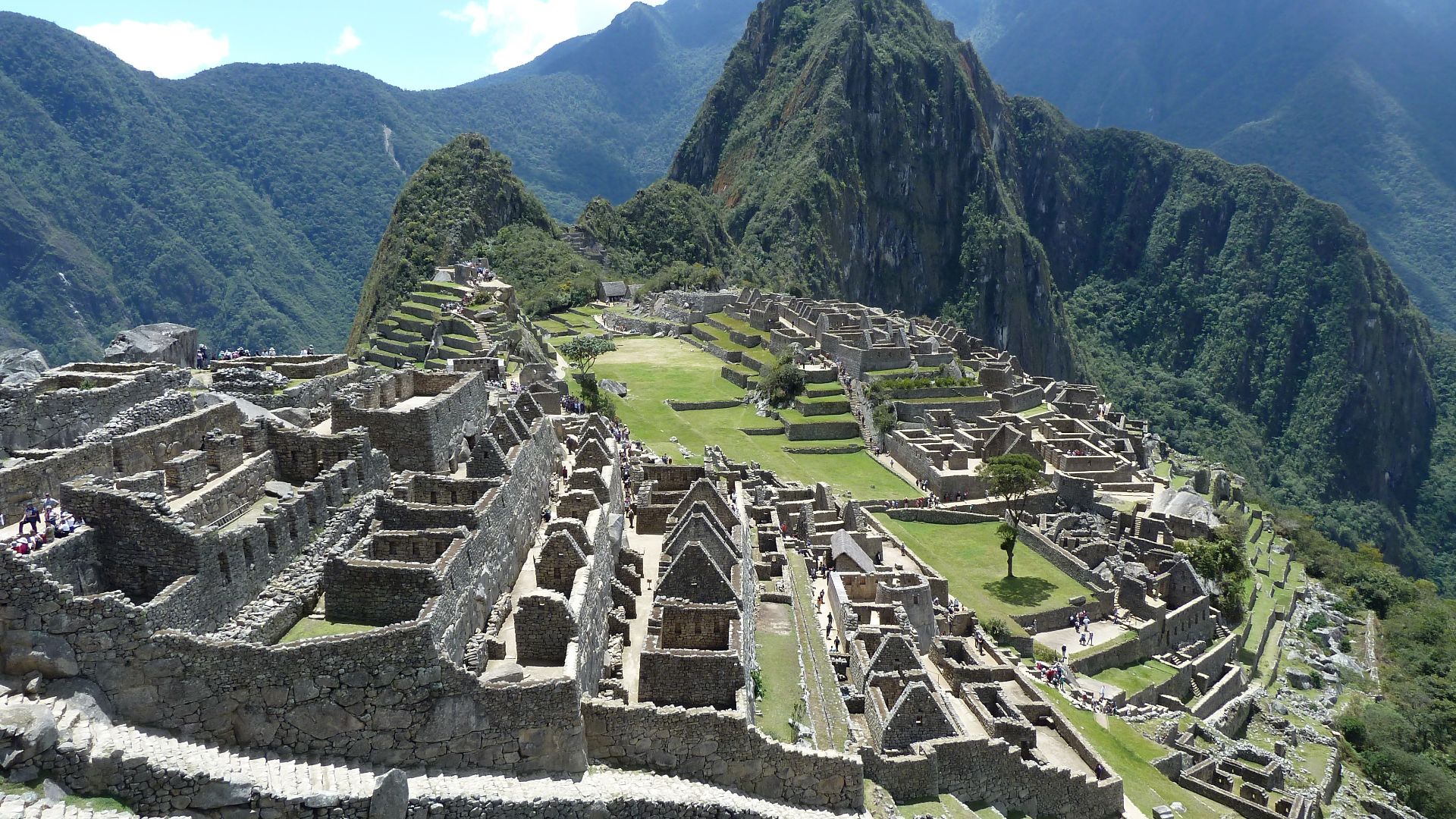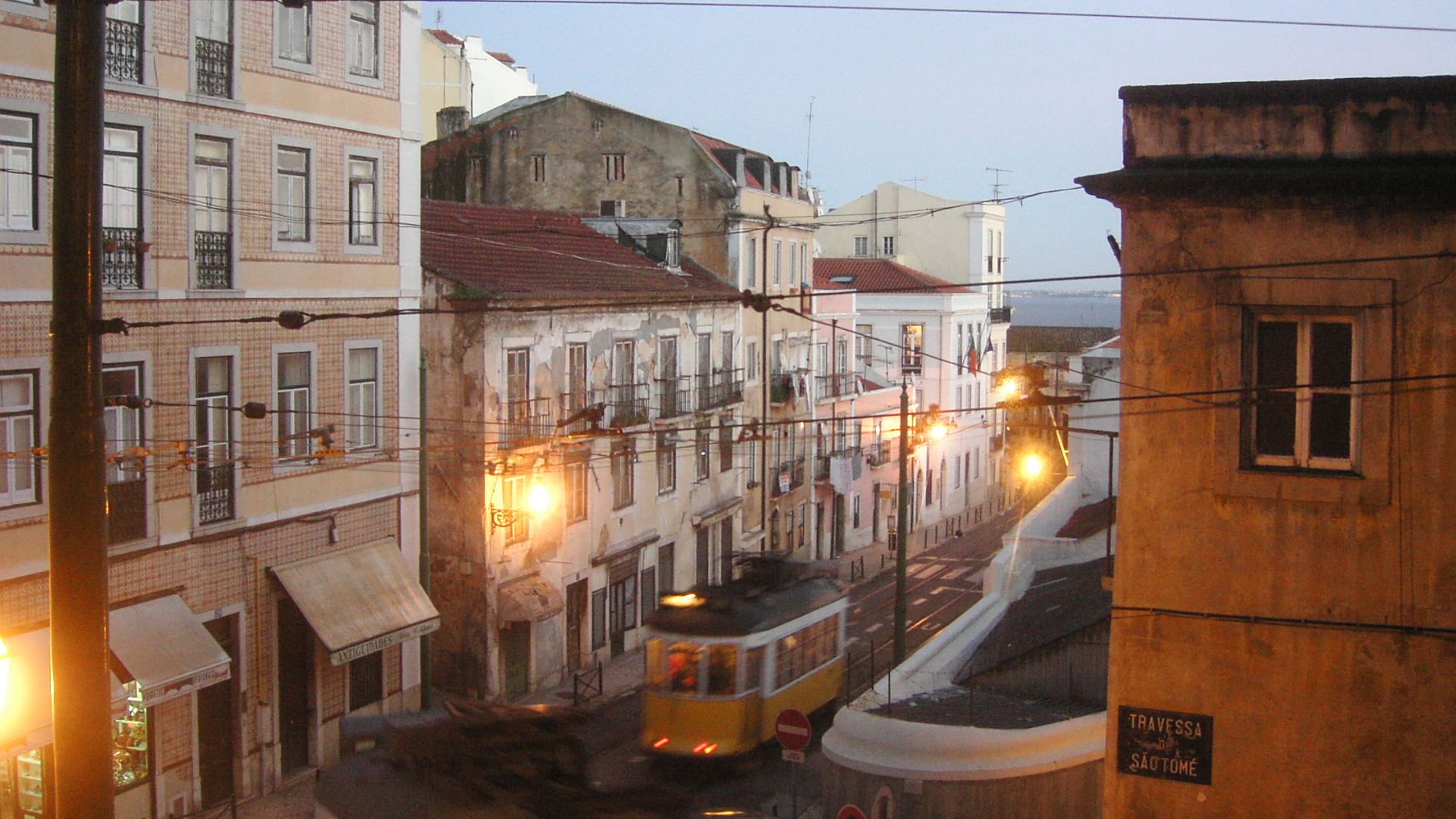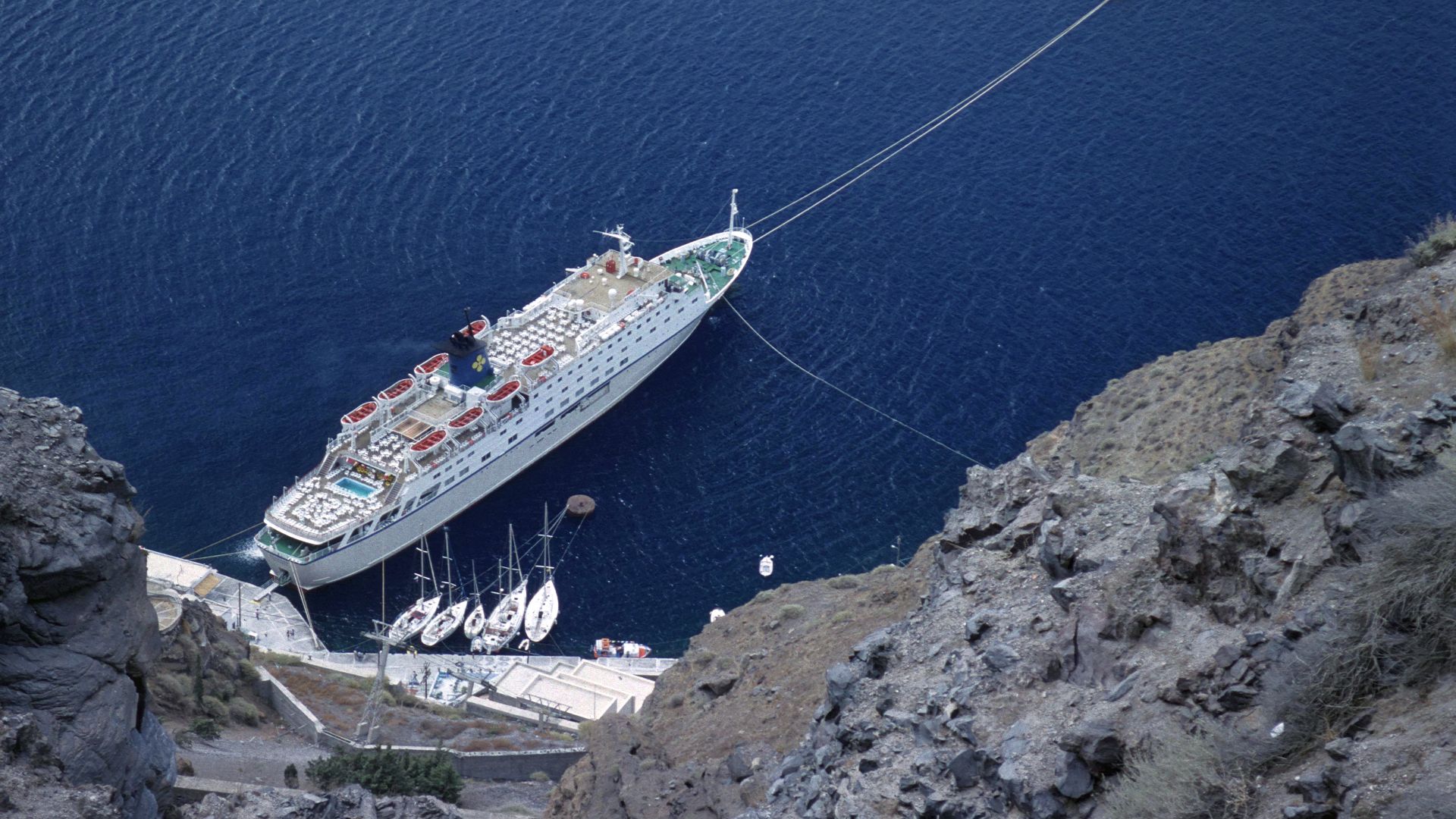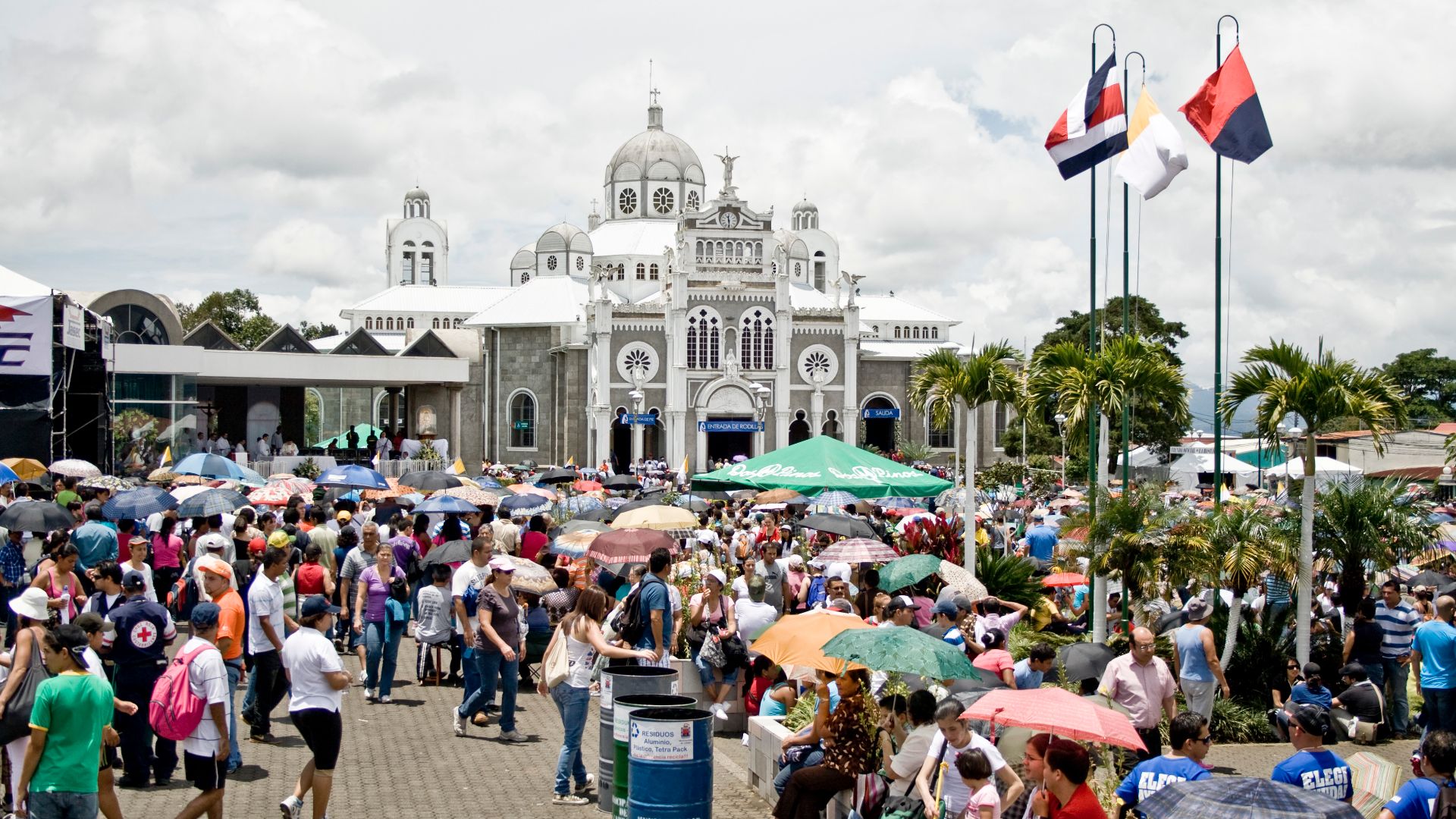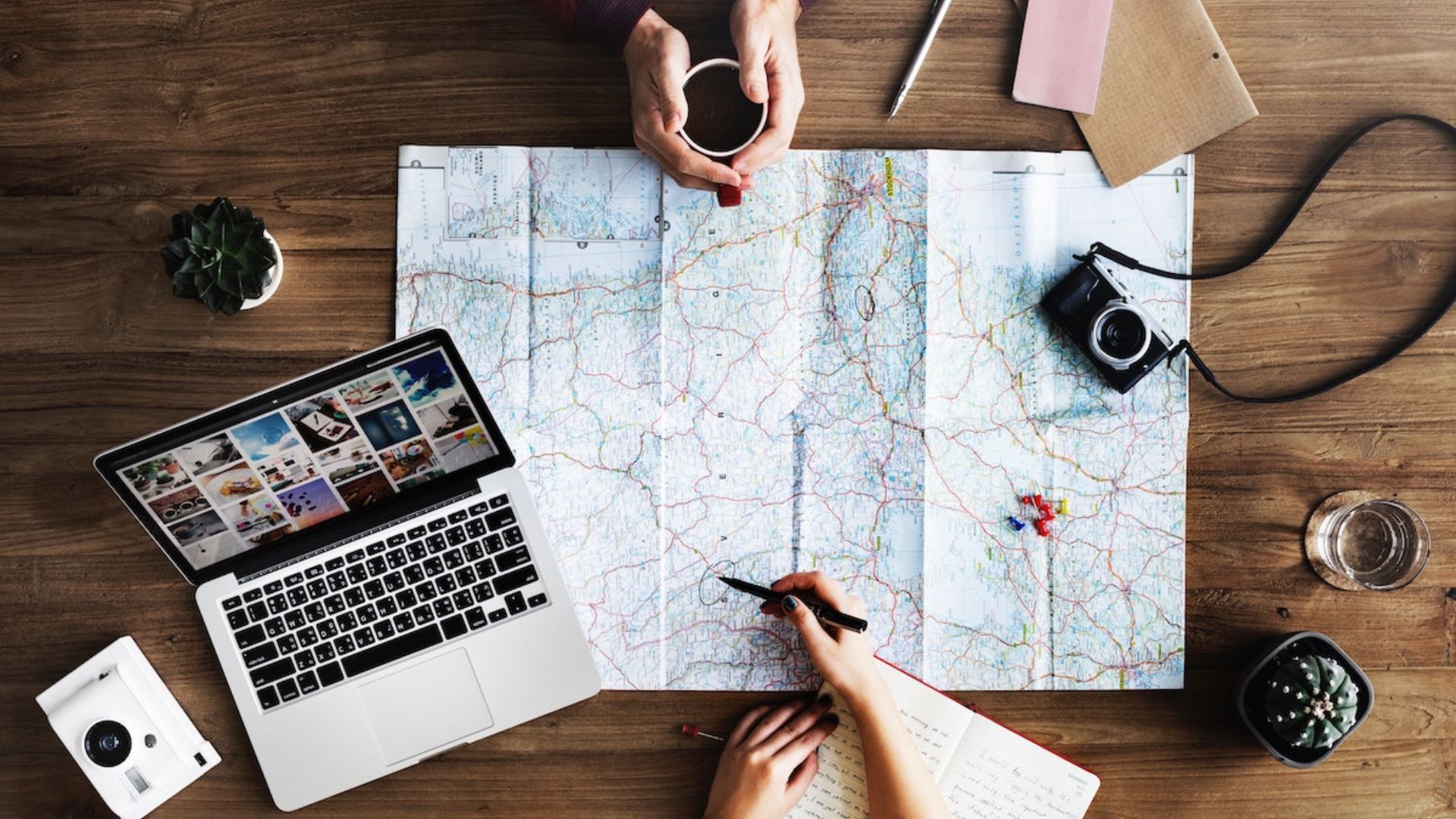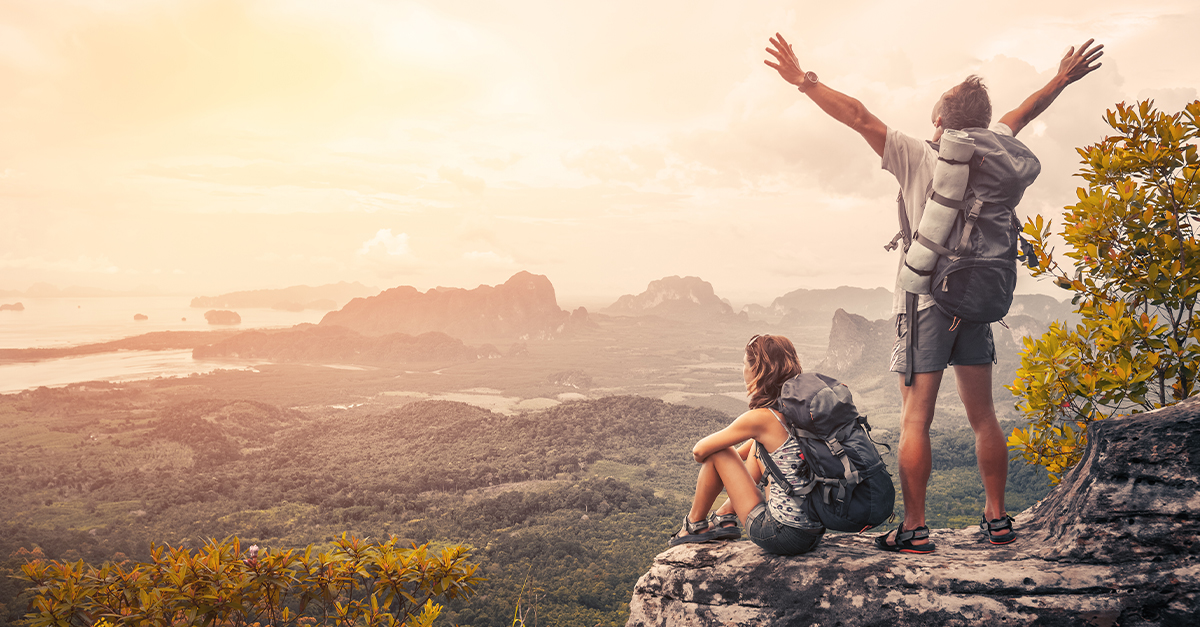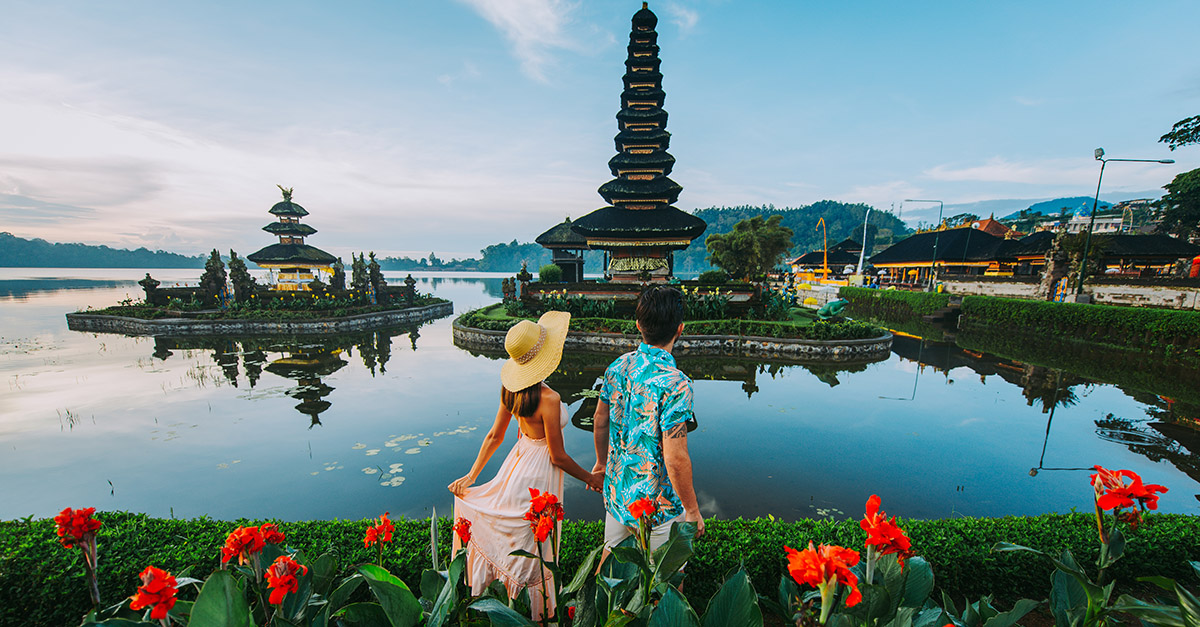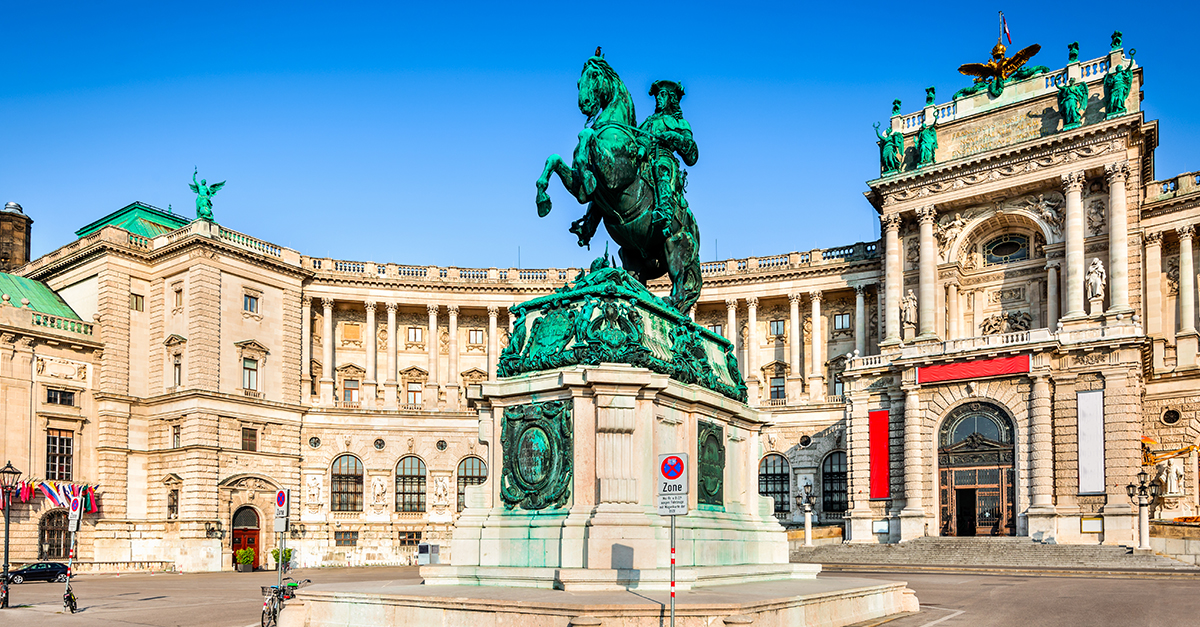When Popularity Becomes A Burden For Travel Spots
World-famous travel destinations often find themselves overwhelmed rather than grateful for visitors. Here's a breakdown of how resentment grows as residents watch their communities erode under the heavy footfall of tourists.
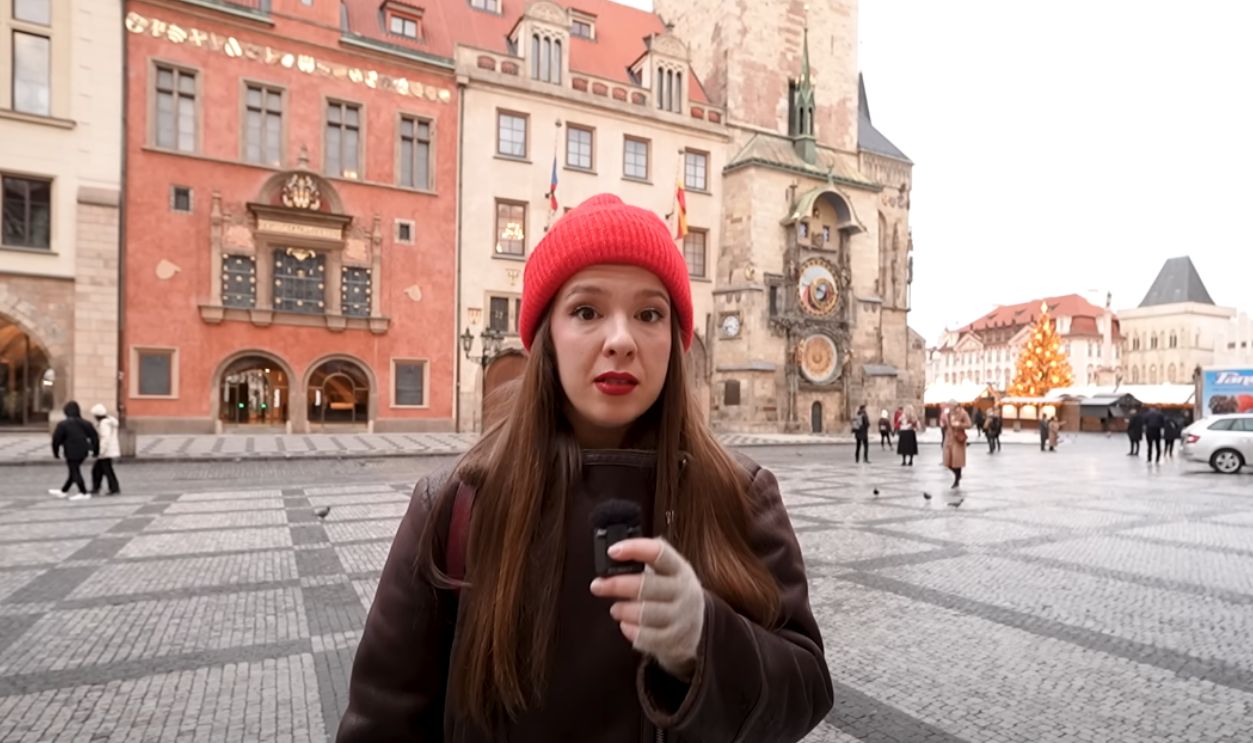
Tourism Hits A Global Backlash Point
On June 15, 2025, protests against overtourism were scheduled to take place in cities such as Barcelona, Lisbon, and Venice. Organized by the Southern Europe Network Against Touristification, these demonstrations aimed to spotlight how unchecked tourism strains housing and displaces residents in affected urban neighborhoods.
Travel Shaming Becomes The New Global Norm
Travel shaming refers to public criticism of tourists who behave in ways deemed disrespectful or harmful to local communities and environments. Viral videos and posts, especially in Hawaii and Italy, have turned missteps into viral moments, often sparking online backlash and widespread condemnation.
Infrastructure Collapse Fuels Resentment
During peak season, Venice welcomes up to 110,000 daily visitors, which can be overwhelming for a city with a population of just 50,000. This influx increases the strain on ancient structures and the daily stress experienced by locals as they contend with rising costs and diminishing community space.
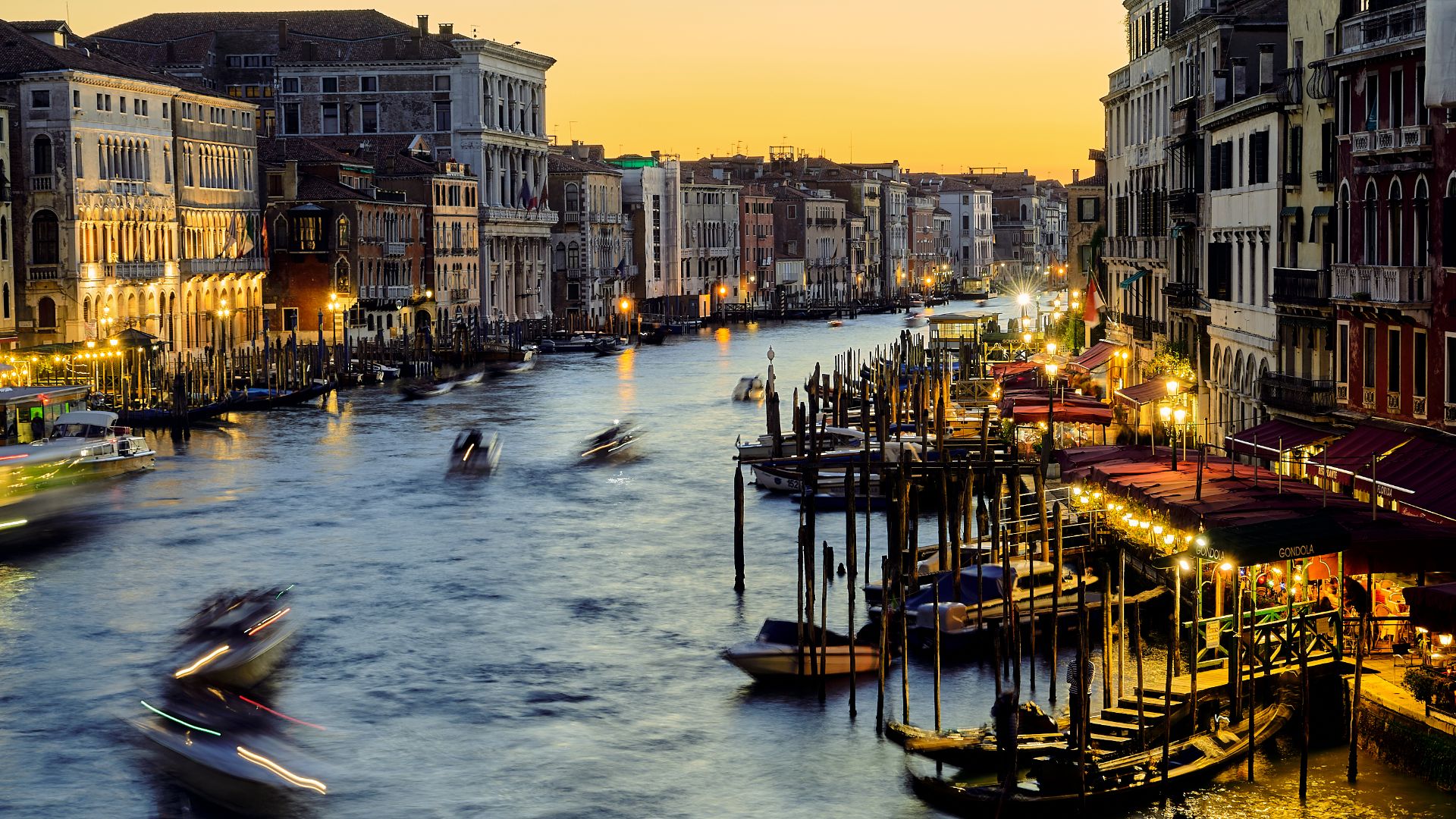 Pedro Szekely from Los Angeles, USA, Wikimedia Commons
Pedro Szekely from Los Angeles, USA, Wikimedia Commons
When Good Intentions Become Harmful
Volunteer tourism in Bali was once applauded, yet scrutiny has revealed deeper issues. Investigations found that some programs displaced paid local work and undermined community bonds. Skilled Balinese professionals were overlooked, which prompted difficult questions about how well-meaning visitors may inadvertently cause harm while trying to help.
Could Your Travel Choices Be Problematic?
Surveys in Amsterdam reveal a shift in how residents view tourism. Locals increasingly link visitors to disruptive behavior, including noise and disrespect. What was once tolerance is turning into frustration as communities begin urging travelers to consider how their actions might deepen tensions and harm local harmony.
Venetians Fight Back With Symbolic Blockades
Tourist groups streamed through Venice's narrow calli until protestors formed human barriers. The group "Stop Venice" led dramatic demonstrations in 2023 by blocking footbridges and ferry access. Their signs read, "We live here—you visit". The message was clear: civic life and tourism could no longer coexist without balance.
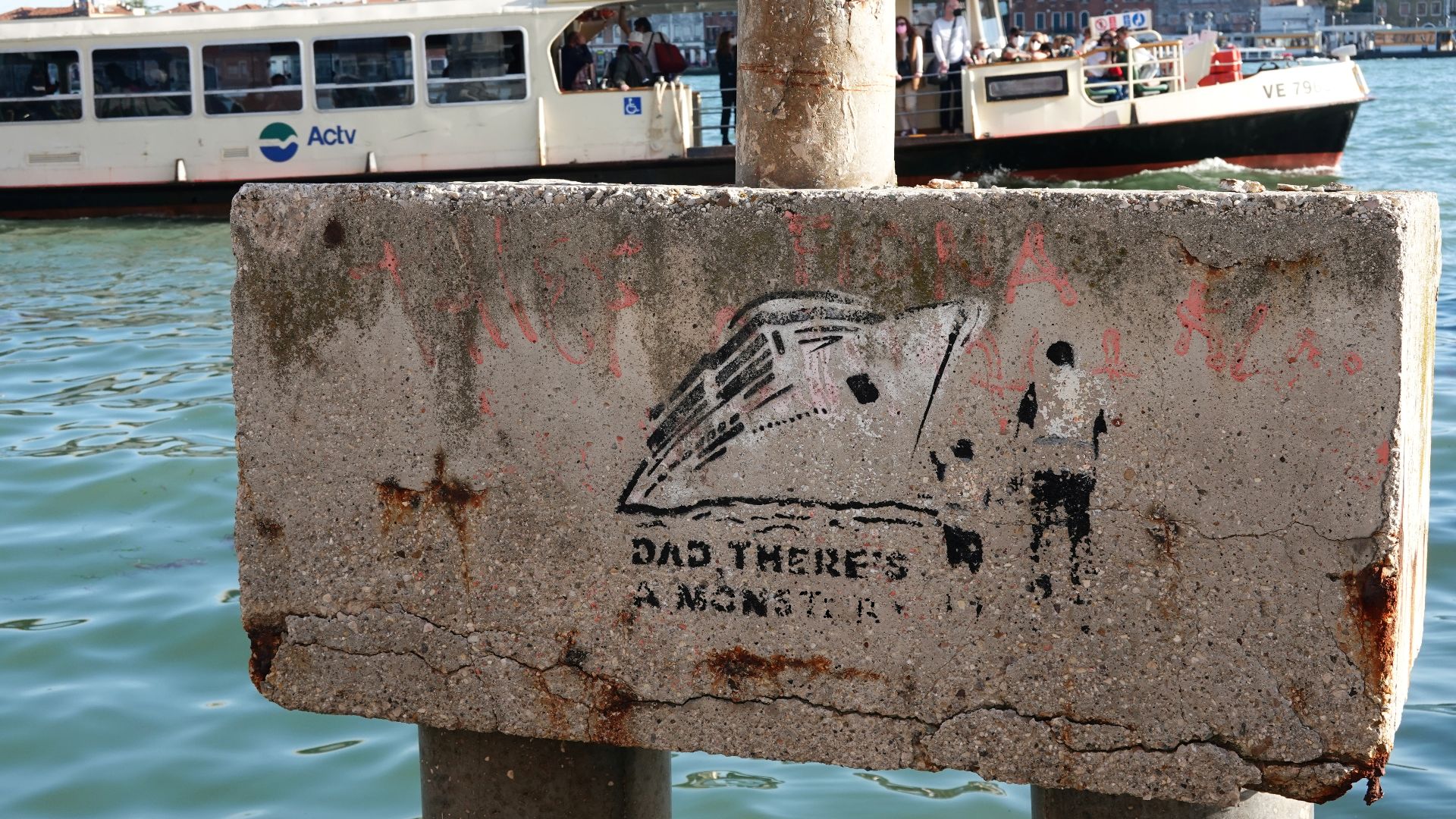 Lusi Lindwurm, Wikimedia Commons
Lusi Lindwurm, Wikimedia Commons
Venice Charges Tourists To Protect Its Past
Venice welcomed 20 million visitors in 2023, while its population dipped below 50,000. Restoration crews struggle to preserve ancient infrastructure that has been eroded by daily foot traffic and boat traffic. In 2024, the city began charging day-trippers to enter—an unprecedented attempt to limit strain on its fragile heritage.
Venice Charges Tourists To Protect Its Past (Cont.)
The access fee ranges from $4 to $12, which depends on the season and crowd levels. It applies only to non-overnight visitors and is enforced through digital reservation systems. City officials report that the funds will be allocated toward waste management and monitoring systems to effectively manage visitor flow.
Barcelona Cracks Down On Airbnb's Impact
Once-vibrant neighborhoods like El Raval experienced a surge in rent prices of nearly 60% over the past decade. As over 10,000 apartments were converted into tourist rentals, long-term tenants were forced out. In response, city officials placed a cap on licenses and began shutting down thousands of unregistered listings.
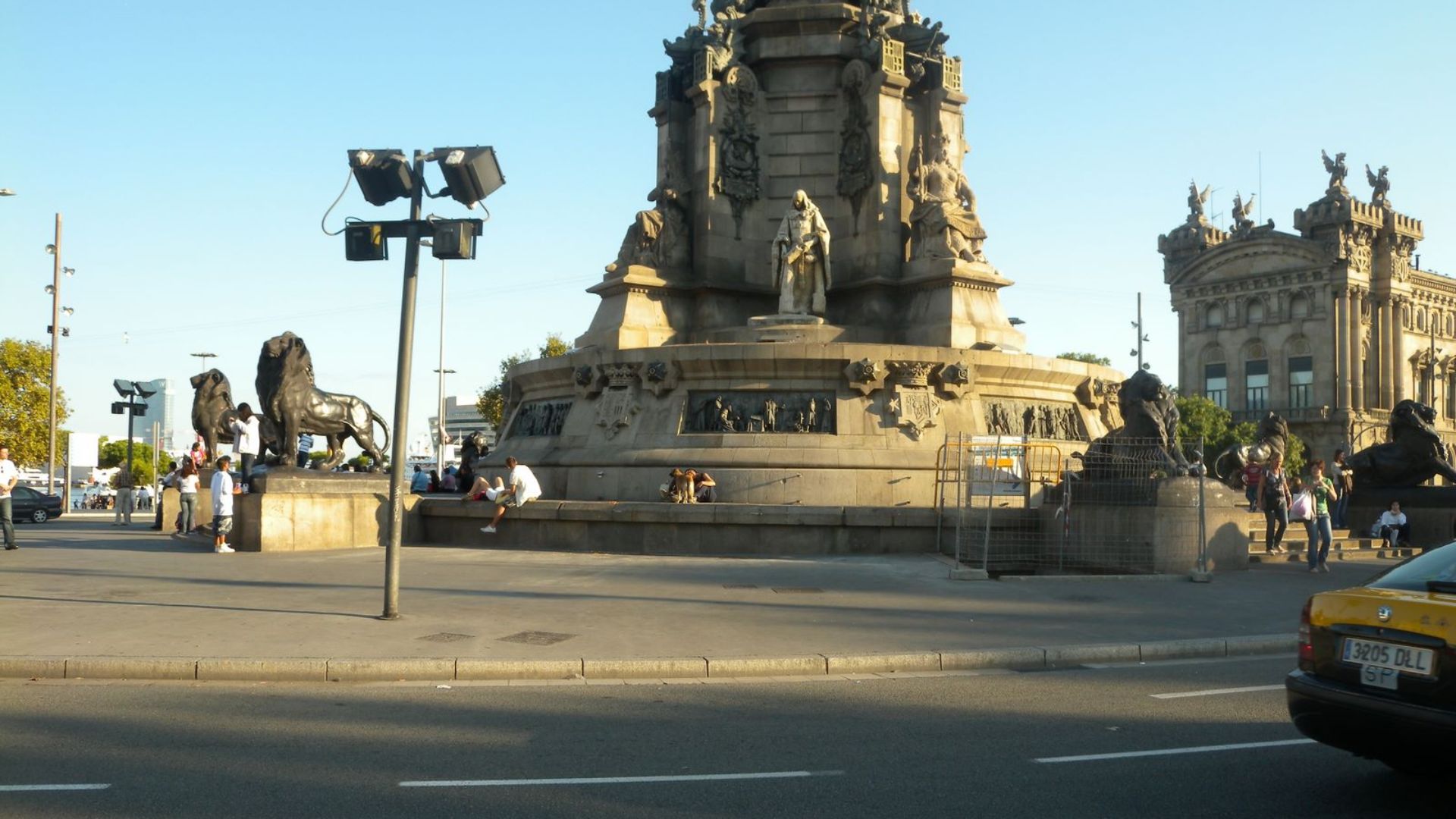 Ricardo Ricote Rodrí…, Wikimedia Commons
Ricardo Ricote Rodrí…, Wikimedia Commons
Barcelona Cracks Down On Airbnb's Impact (Cont.)
In 2024, authorities introduced stricter penalties for violations, including daily fines and the blacklisting of properties. The city also launched a digital transparency platform for neighbors to report illegal rentals anonymously. Officials say these measures aim to restore housing access and preserve community integrity in affected districts.
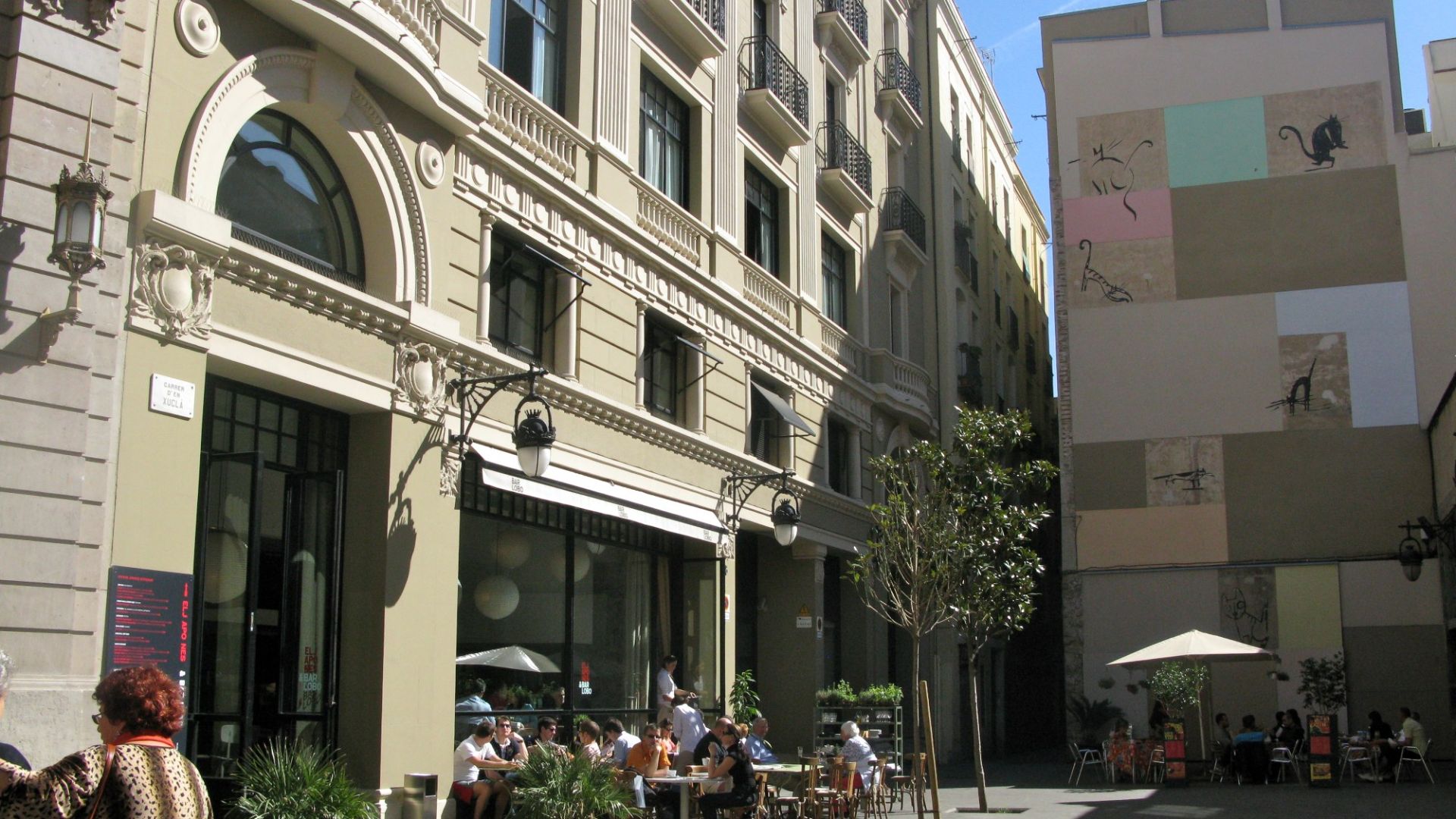 Alain Rouiller, Wikimedia Commons
Alain Rouiller, Wikimedia Commons
Majorca Targets Rowdy Tourist Behavior
Authorities in Majorca's resort zones responded to alcohol-fueled chaos with tough new laws in 2024. Public drinking bans and fines of up to $3,500 now target misbehavior. These rules followed rising complaints from locals about late-night noise and unsafe conditions on the streets during peak season.
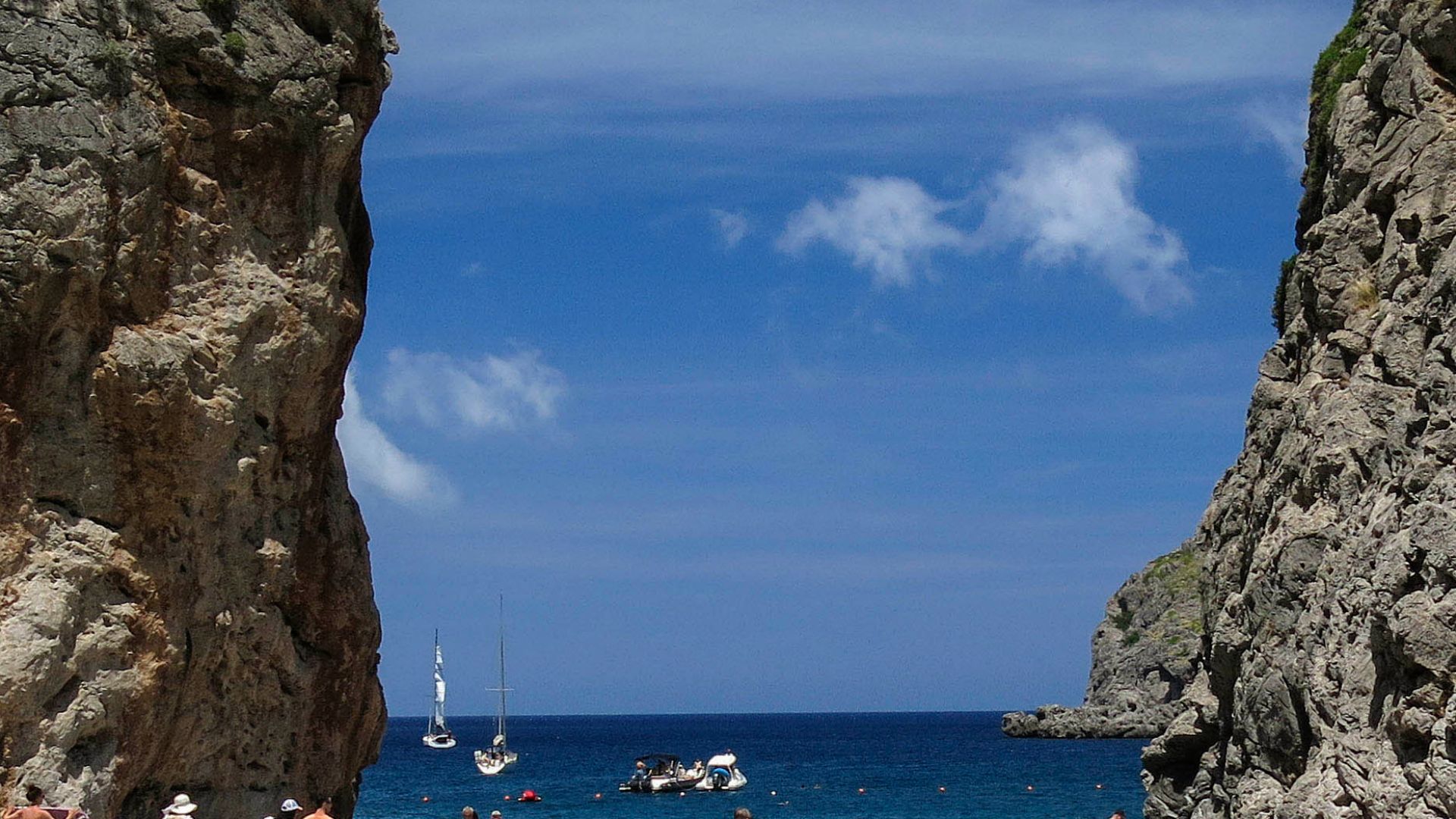 Vicenç Salvador Torres Guerola, Wikimedia Commons
Vicenç Salvador Torres Guerola, Wikimedia Commons
Majorca Targets Rowdy Tourist Behavior (Cont.)
To reinforce the law, regional patrol units were expanded during the summer months, especially in Magaluf and Playa de Palma. Bars now face penalties for serving already intoxicated patrons. Officials partnered with British consulates to launch awareness campaigns aimed at curbing disruptive conduct among young package-tourist crowds.
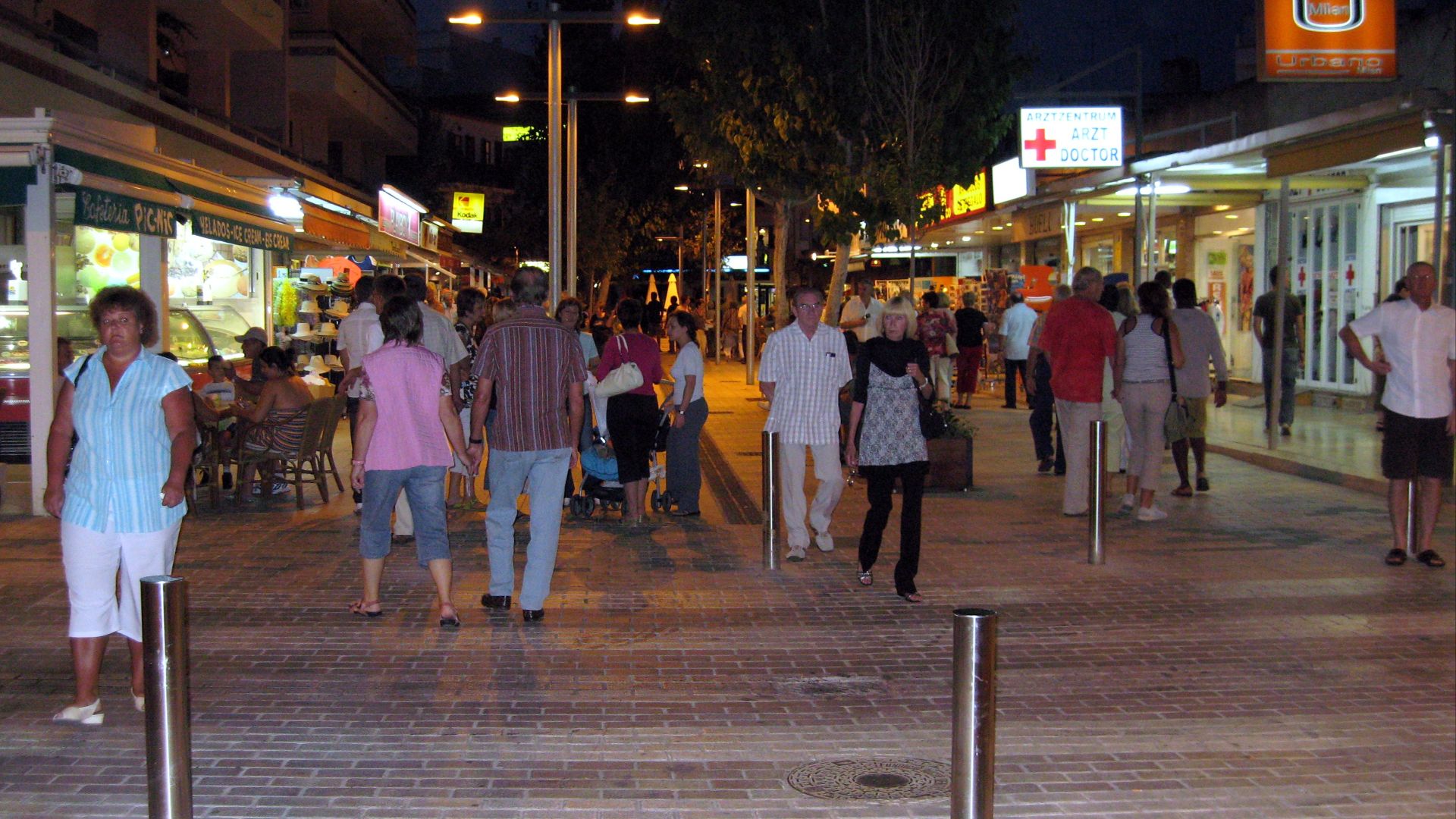 Olaf Tausch, Wikimedia Commons
Olaf Tausch, Wikimedia Commons
Amsterdam Limits Tourism To Restore Balance
Tourism surged past 20 million annually, which prompted concern that the city's soul was fading. Locals grew tired of rowdy bachelor parties and drug tourism. New laws restrict alcohol sales and limit guided tours in red-light districts. Amsterdam's mayor called the crackdown a step toward "restoring livability".
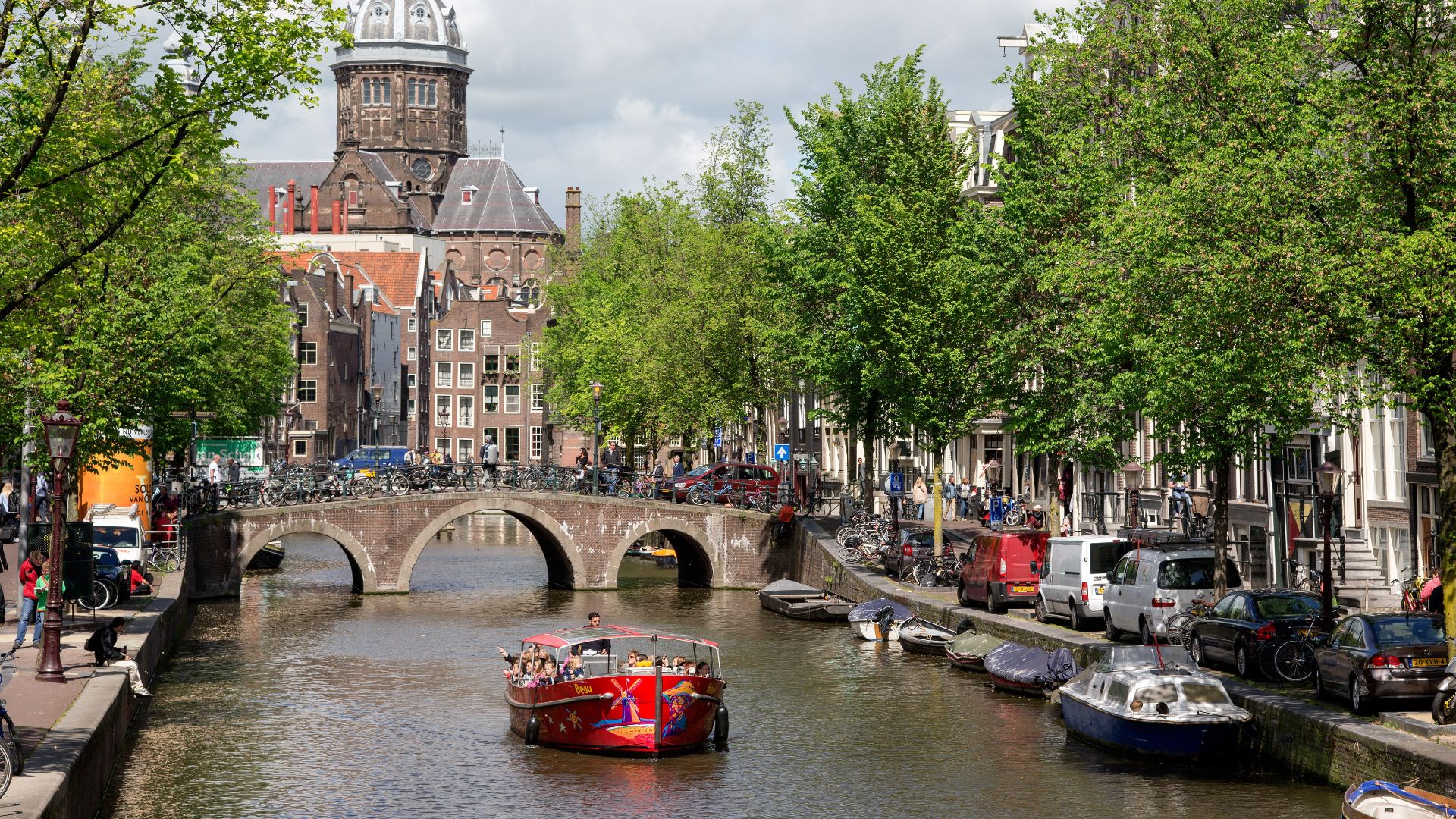 Peter K Burian, Wikimedia Commons
Peter K Burian, Wikimedia Commons
Amsterdam Limits Tourism To Restore Balance (Cont.)
In 2023, officials also banned new hotel construction in the city center and capped the number of shop permits catering exclusively to tourists. Digital signage campaigns encouraged better visitor behavior. These actions were part of a broader sustainability plan aimed at reclaiming livable spaces while preserving Amsterdam's cultural appeal.
Lisbon Freezes Rental Licenses To Save Communities
Districts like Alfama lost multigenerational residents as investors turned homes into profitable short-term rentals. With property prices in central Lisbon rising over 50% in a decade, many locals were priced out. In 2023, the government froze new licenses to protect what remained of neighborhood life.
Lisbon Freezes Rental Licenses To Save Communities (Cont.)
Officials introduced exclusion zones where no new tourist rentals can open while also auditing existing listings. Penalties for violations now carry steeper fines. By late 2024, Lisbon's housing office reported a decline in conversion rates and early indications that long-term rental availability was starting to stabilize.
Bali Enforces Rules To Protect Sacred Sites
In Bali's Besakih Temple complex, ceremonies unfold beneath centuries-old stone carvings. But reverence has been strained by tourists treating sacred grounds as photo backdrops. In 2023, Balinese authorities imposed strict rules, including bans on entry during rituals and the mandatory presence of guides at specific sites to ensure respect.
 Ni Kadek Rahayu Septani, Wikimedia Commons
Ni Kadek Rahayu Septani, Wikimedia Commons
Bali Enforces Rules To Protect Sacred Sites (Cont.)
The provincial government partnered with religious councils to publish updated codes of conduct in multiple languages. Signage has been expanded across temple sites and violations now carry fines or removal from the premises. Tourism agencies were also instructed to include etiquette training in visitor briefing materials before temple access.
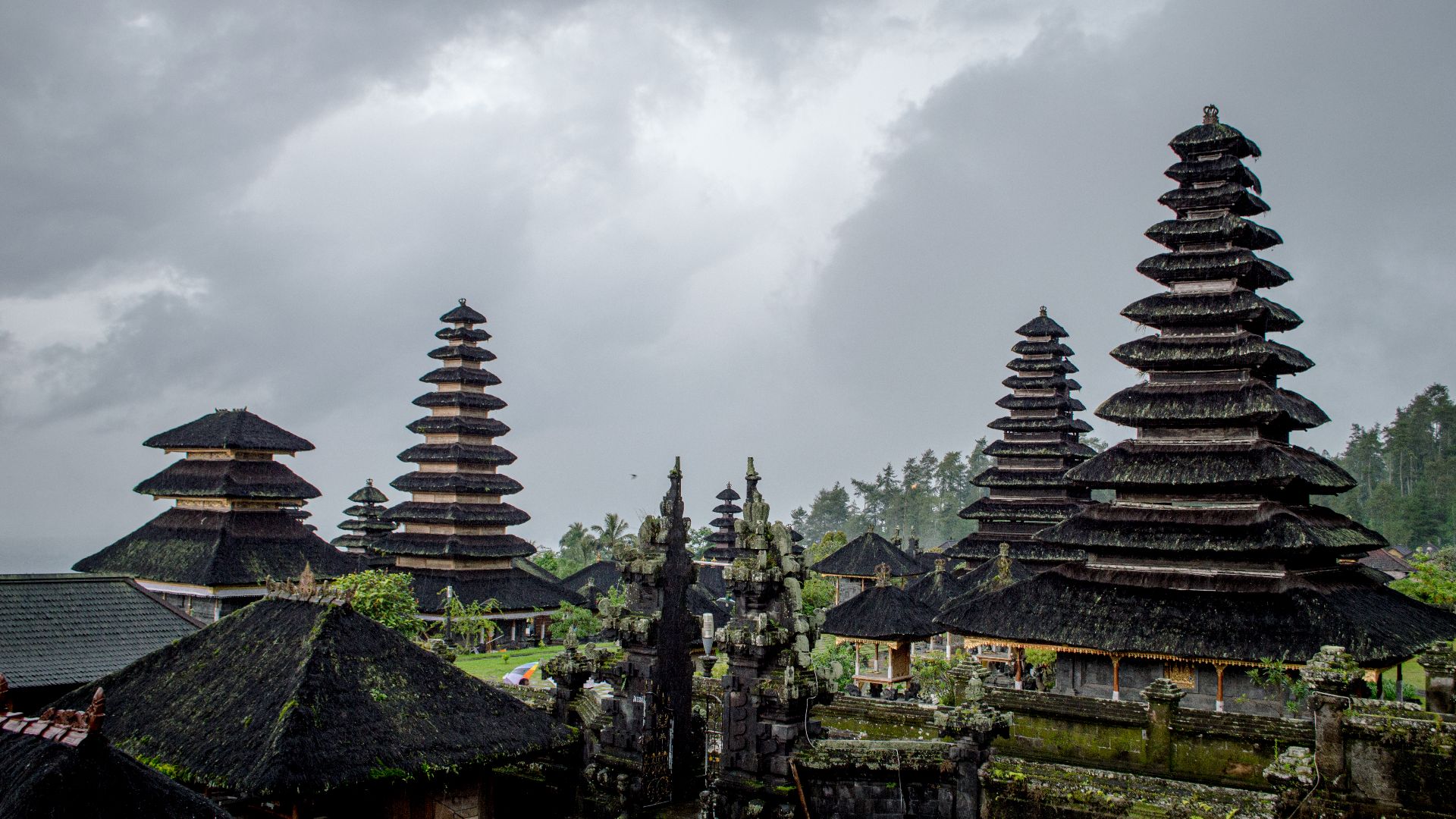 Philip Nalangan, Wikimedia Commons
Philip Nalangan, Wikimedia Commons
Kyoto Bans Photos To Defend Cultural Dignity
By 2019, Gion's narrow alleys were no longer silent. Tourists overwhelmed the district with flash photography that disrupted geishas and traditions alike. Complaints escalated into confrontations. Kyoto responded by banning photography in key areas to protect its cultural dignity and restore peace in the historic quarter.
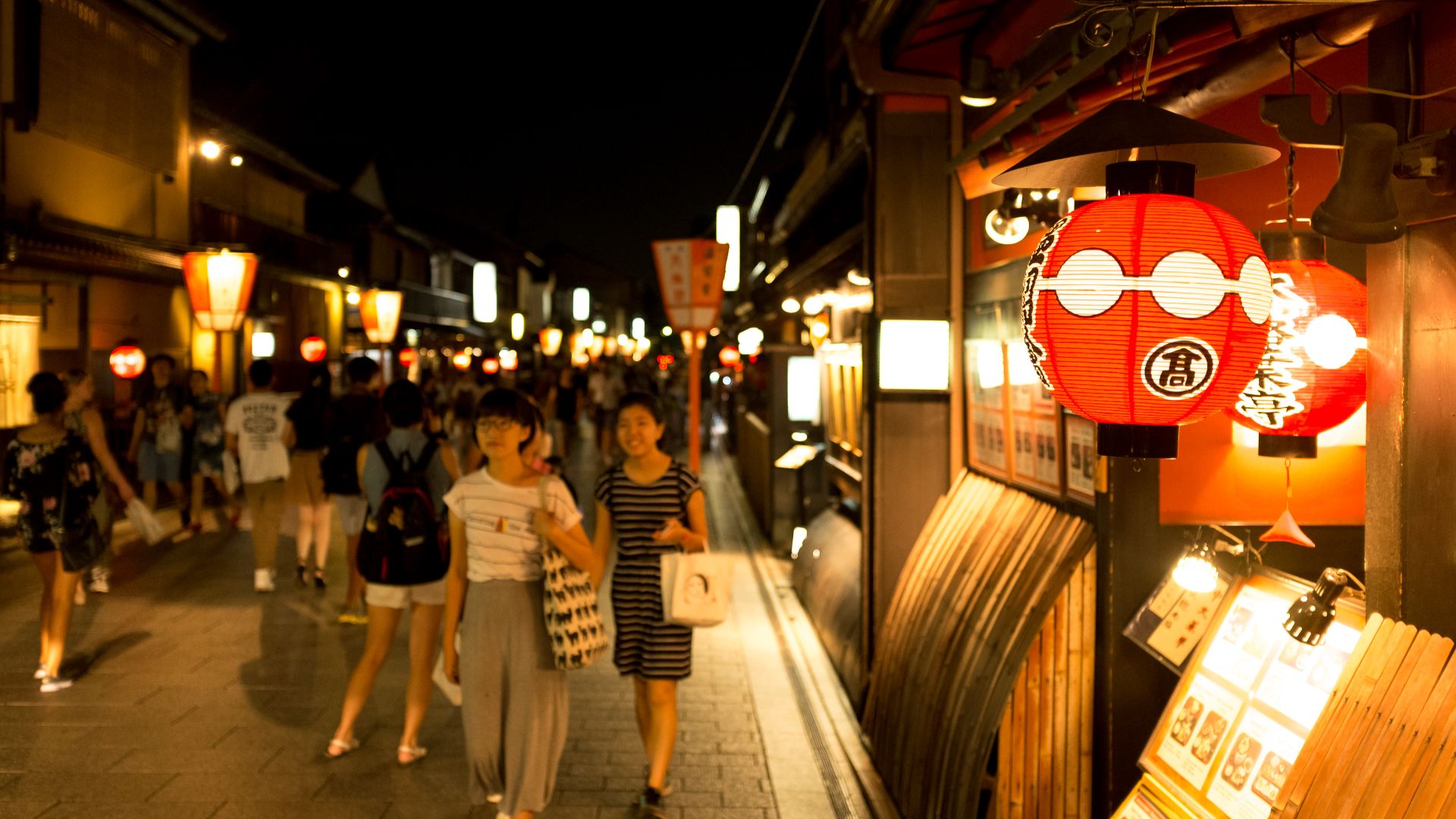 fw42 from Germany, Wikimedia Commons
fw42 from Germany, Wikimedia Commons
Kyoto Bans Photos To Defend Cultural Dignity (Cont.)
Local authorities collaborated with neighborhood associations to install multilingual signage and deploy volunteer monitors during peak seasons. The ban applied to private alleyways most frequented by tourists. Residents reported reduced congestion and fewer disturbances, while city officials cited the policy as a model for culturally sensitive urban tourism.
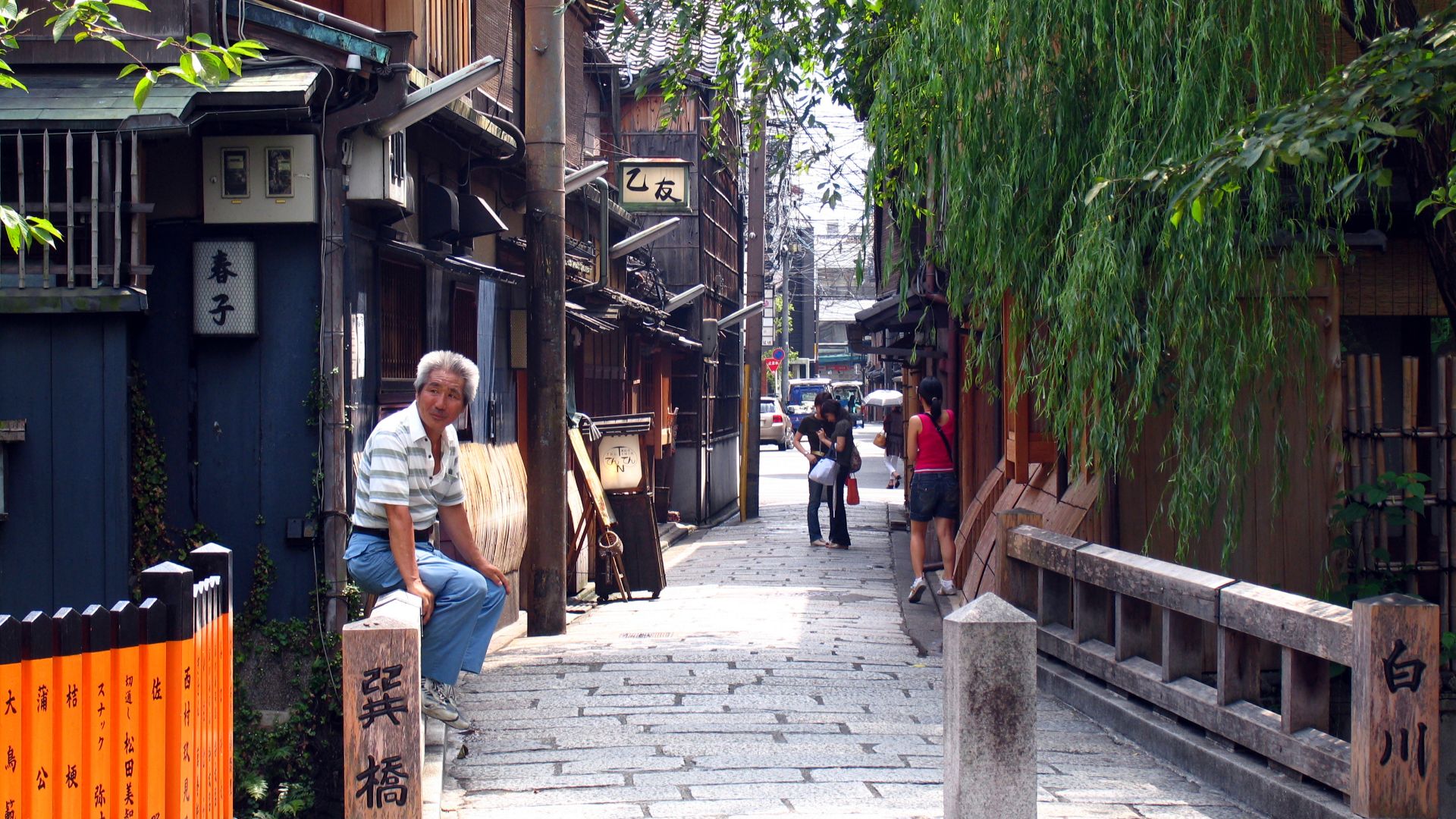 Andreas Tack, Wikimedia Commons
Andreas Tack, Wikimedia Commons
Iceland Restricts Access To Save Its Ecosystems
Iceland's mossy lava fields take decades to recover from a single footprint. In Pingvellir National Park and Reykjanes Peninsula, off-trail hiking led to irreversible damage. The government responded in 2024 by fencing vulnerable sites to add boardwalks and limiting access to groups with environmental training.
Iceland Restricts Access To Save Its Ecosystems (Cont.)
Iceland now requires tour operators to register with environmental agencies and stick to certified routes. Visitor centers conduct mandatory briefings, while drones track compliance at key sites. Within months, officials documented fewer violations and credited these combined steps with improving the protection of vulnerable natural terrains.
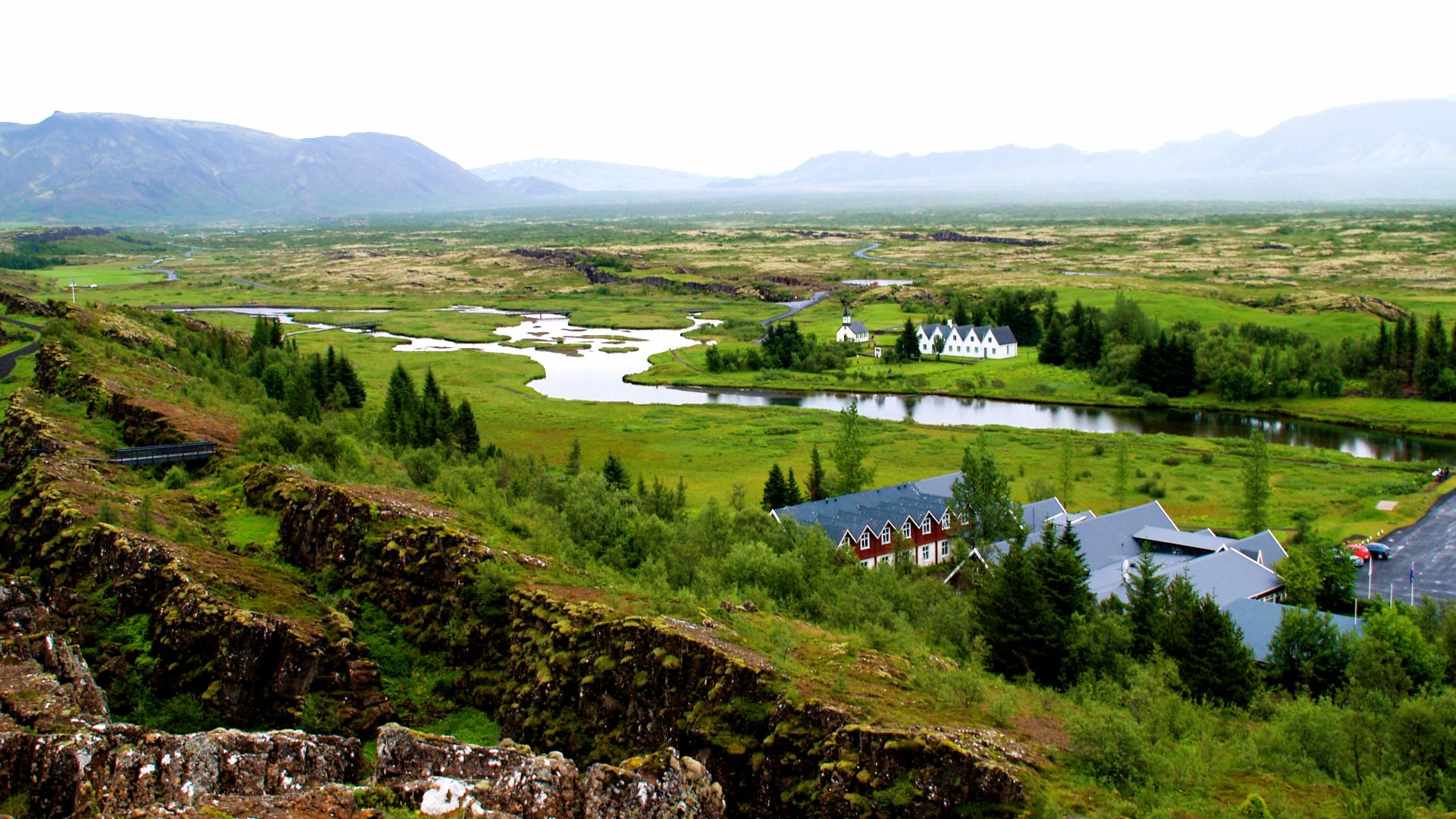 Ville Miettinen, Wikimedia Commons
Ville Miettinen, Wikimedia Commons
Dubrovnik Caps Cruises To Protect Its Core
UNESCO warned that Dubrovnik's old town couldn't withstand overwhelming cruise traffic. To protect its core, port authorities began staggering ship arrivals and tracking the flow in real time. In 2023, the city formally capped daily cruise visitors at 4,000, far below pre-pandemic levels.
Dubrovnik Caps Cruises To Protect Its Core (Cont.)
City planners also coordinated with cruise lines to shift arrivals to off-peak hours and enforce disembarkation quotas. Enforcement included GPS-linked scheduling tools to avoid crowd surges. Officials reported fewer bottlenecks near the Pile Gate and credited the measures with reducing strain on streets and heritage structures.
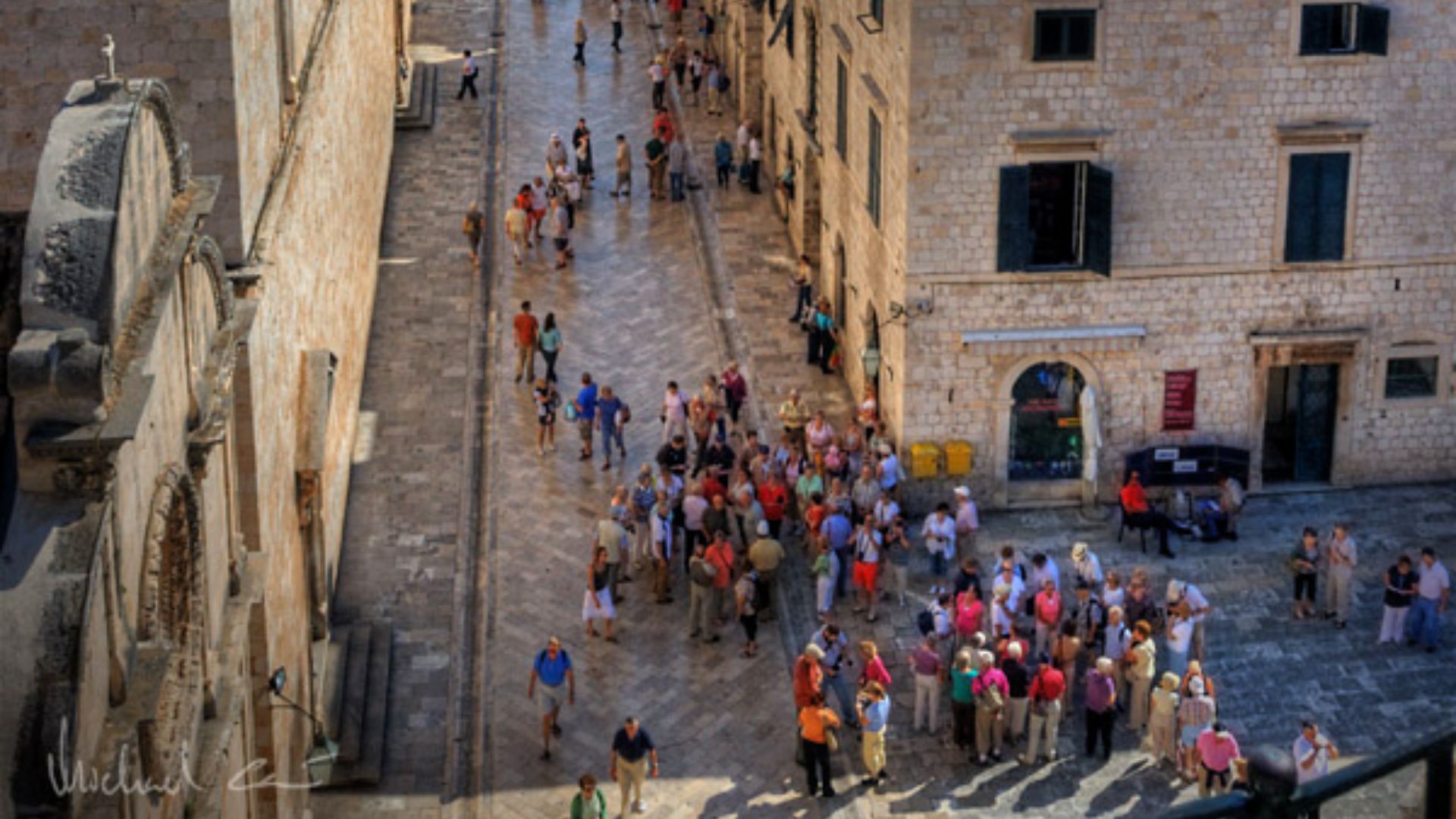 Michael Caven from Stockholm, Sweden, Wikimedia Commons
Michael Caven from Stockholm, Sweden, Wikimedia Commons
Hawaiians Demand Respect For Sacred Lands
Disrespectful social media stunts and trespassing on sacred grounds, such as Mauna Kea, drew strong backlash across Hawaii. Native groups responded by launching island-wide education campaigns in 2024. These efforts encouraged tourists to act as respectful guests and advocated for laws that protect culturally sensitive locations.
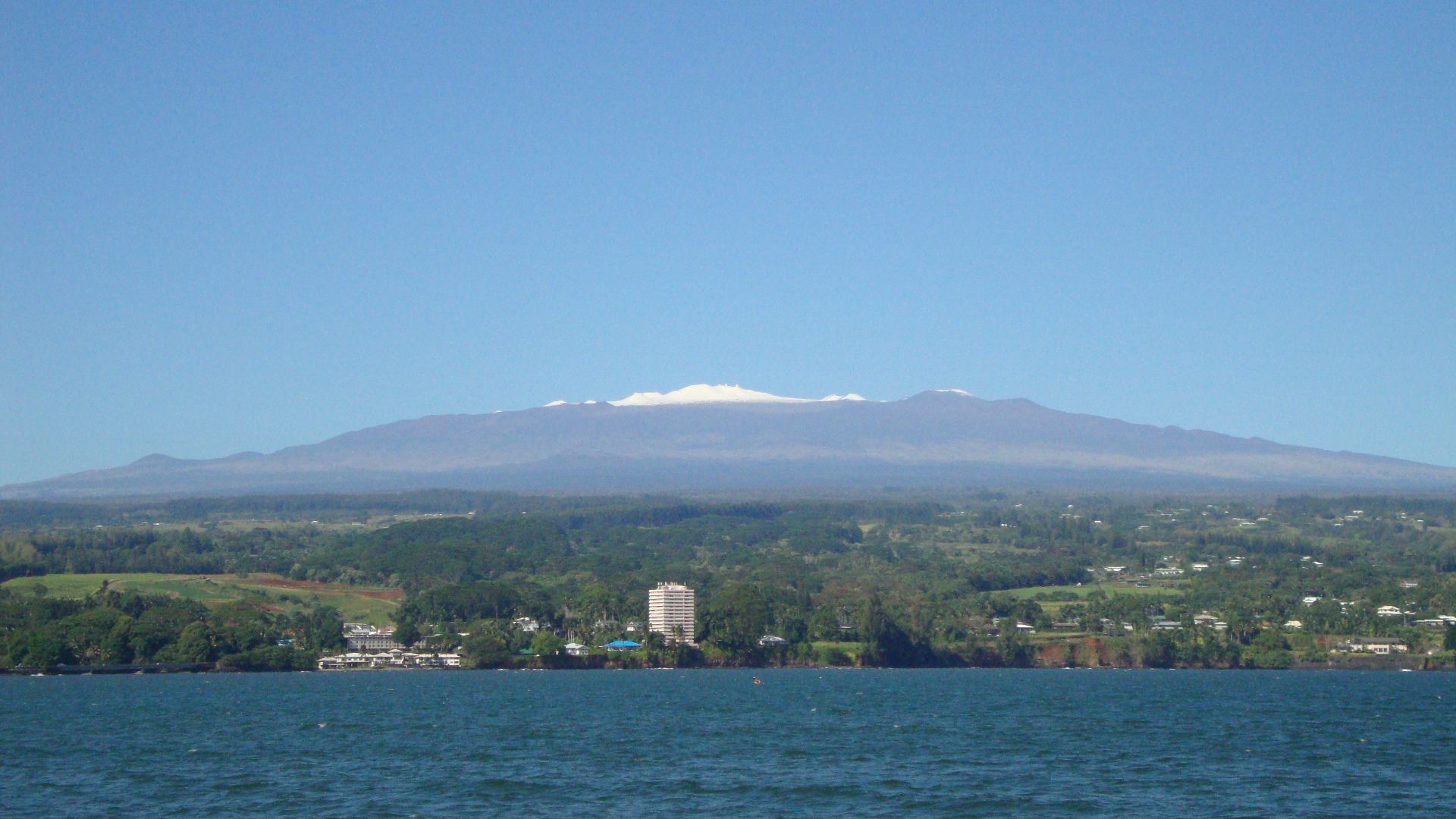 Kaleodu (talk · contribs), Wikimedia Commons
Kaleodu (talk · contribs), Wikimedia Commons
Hawaiians Demand Respect For Sacred Lands (Cont.)
Activists collaborated with state legislators to draft protective bills, some of which proposed fines for unauthorized entry onto cultural sites. Educational toolkits were distributed at airports and hotels, while training for tour operators became mandatory in certain districts. Community leaders reported an improvement in dialogue by late 2024.
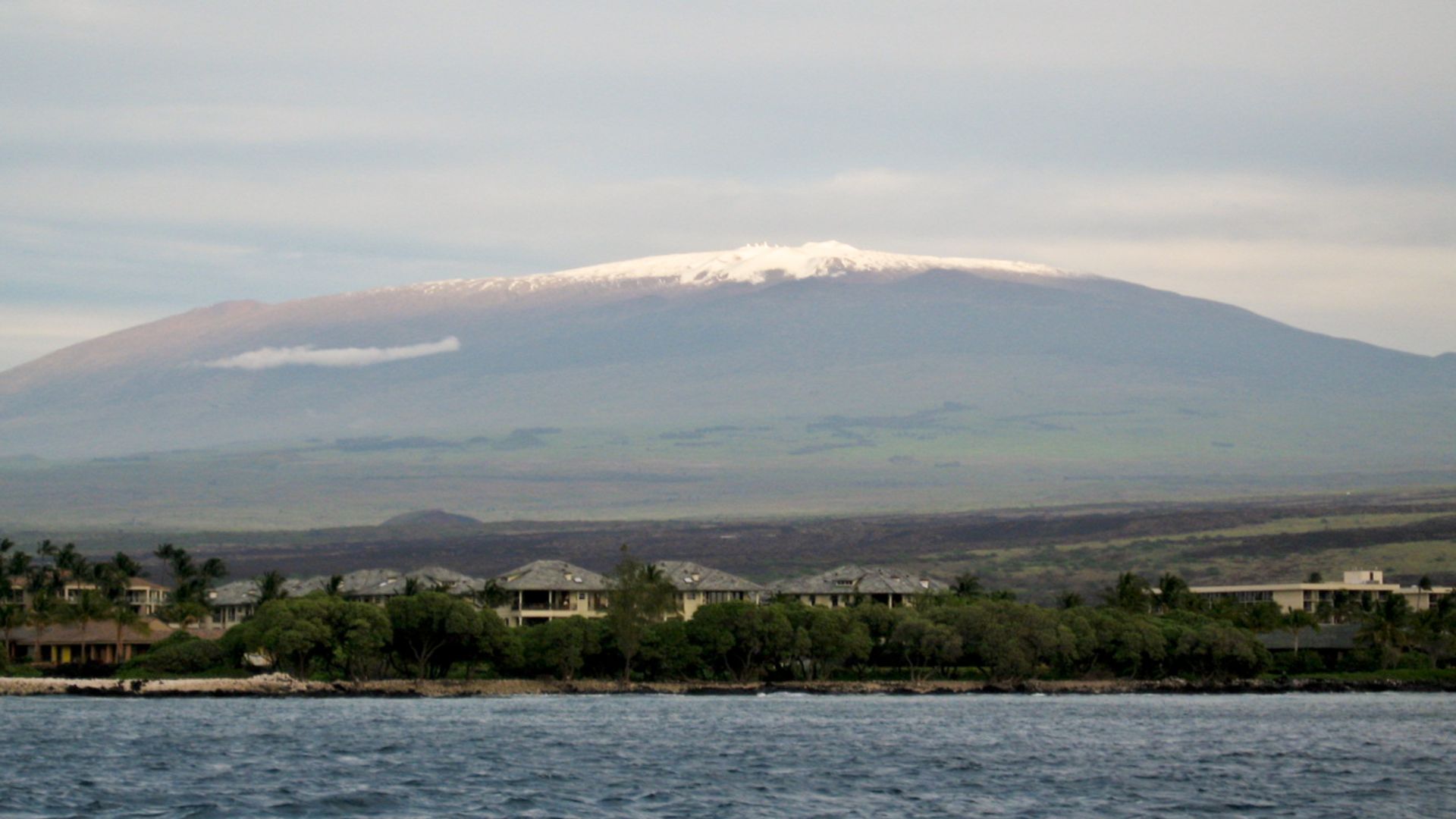 Vadim Kurland, Wikimedia Commons
Vadim Kurland, Wikimedia Commons
Instagram Tourism Damages Cultural Sites
At Machu Picchu, guards routinely remove tourists who ignore marked paths to take better photos. In 2023 alone, officials cited over 1,000 instances of rule violations related to social media content. Peru's Ministry of Culture has since tightened enforcement to protect fragile ruins from thoughtless exposure.
Prague Battles Tourist-Fueled Disorder
Nightlife in Prague's Old Town has become a flashpoint. Residents have reported a sharp rise in late-night fights and property damage. In response, the city expanded police patrols in 2024 and restricted alcohol sales after 10 pm in areas most affected by intoxicated tourists.
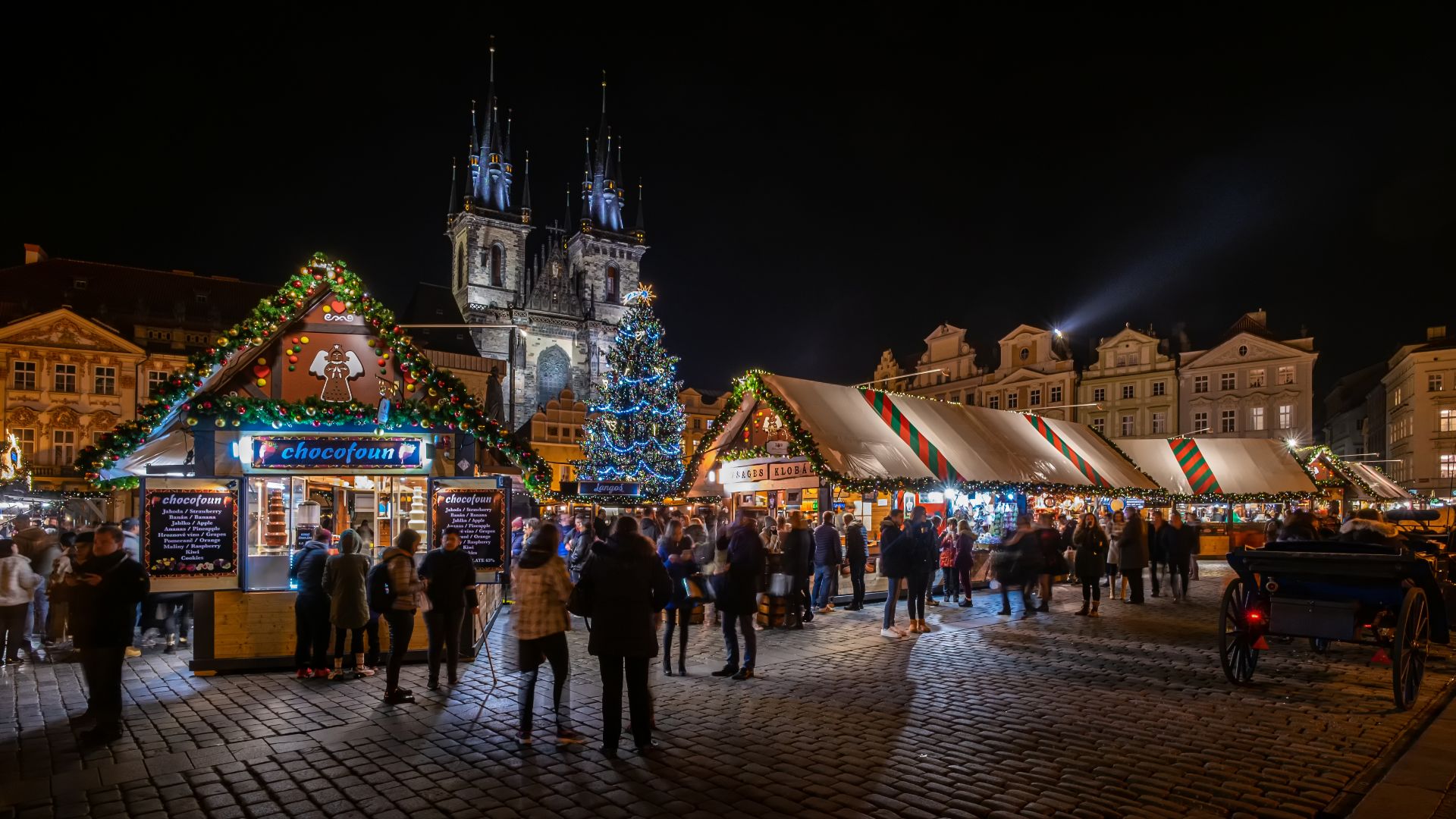 Ralf Roletschek, Wikimedia Commons
Ralf Roletschek, Wikimedia Commons
Portugal Builds Tourism Around Rural Communities
In regions like Alentejo and Centro, Portugal's government funds guesthouses and festivals that keep profits in local hands. These rural initiatives experienced rapid growth in 2023 as officials encouraged travel beyond Lisbon and Porto. The model aims to relieve city pressure and celebrate cultural traditions.
Portugal Builds Tourism Around Rural Communities (Cont.)
To support this effort, the government launched the "Revive Nature" program, which converts heritage buildings into eco-lodges managed by local communities. Partnerships with regional cooperatives helped develop food and craft trails that highlight each area's identity. In 2024, the rural share of tourism revenue rose by over 18%.
Copenhagen Rewards Eco-Friendly Travel Habits
To promote sustainability, Copenhagen launched its Good Tourist initiative in 2024. Visitors earn perks—like free museum entry or transit credits—for biking or supporting green-certified restaurants. City officials say the program helps shape better guest behavior without needing bans or heavy restrictions.
 Johan Mouchet johanmouchet, Wikimedia Commons
Johan Mouchet johanmouchet, Wikimedia Commons
Copenhagen Rewards Eco-Friendly Travel Habits (Cont.)
The program relies on digital check-ins at participating businesses and uses a point system to track behavior. Rewards are distributed through a mobile app and updated in real time. Tourism authorities have partnered with hotels and transportation providers to expand their reach, and early reports indicate a rise in participation.
 Leif Jørgensen, Wikimedia Commons
Leif Jørgensen, Wikimedia Commons
Ticino Gives Visitors A Transit Pass At Check-In
Since 2022, guests staying overnight in Switzerland's Ticino canton receive a free transport pass. It covers buses, funiculars, and local trains. The goal is to reduce rental car congestion in alpine areas. Officials report improved air quality and higher satisfaction among residents and visitors alike.
 Stéphane Gottraux, CH-2350 Saignelégier, Switzerland, Wikimedia Commons
Stéphane Gottraux, CH-2350 Saignelégier, Switzerland, Wikimedia Commons
Great Barrier Reef Suffers From Tourist Impact
Tourism to the Great Barrier Reef surged post-lockdown, but damage soon followed. Untrained snorkelers broke coral and stirred sediment. In response, Australia's park authorities introduced mandatory briefings before entry in 2024 and restricted access to high-risk zones, prioritizing reef recovery and visitor accountability.
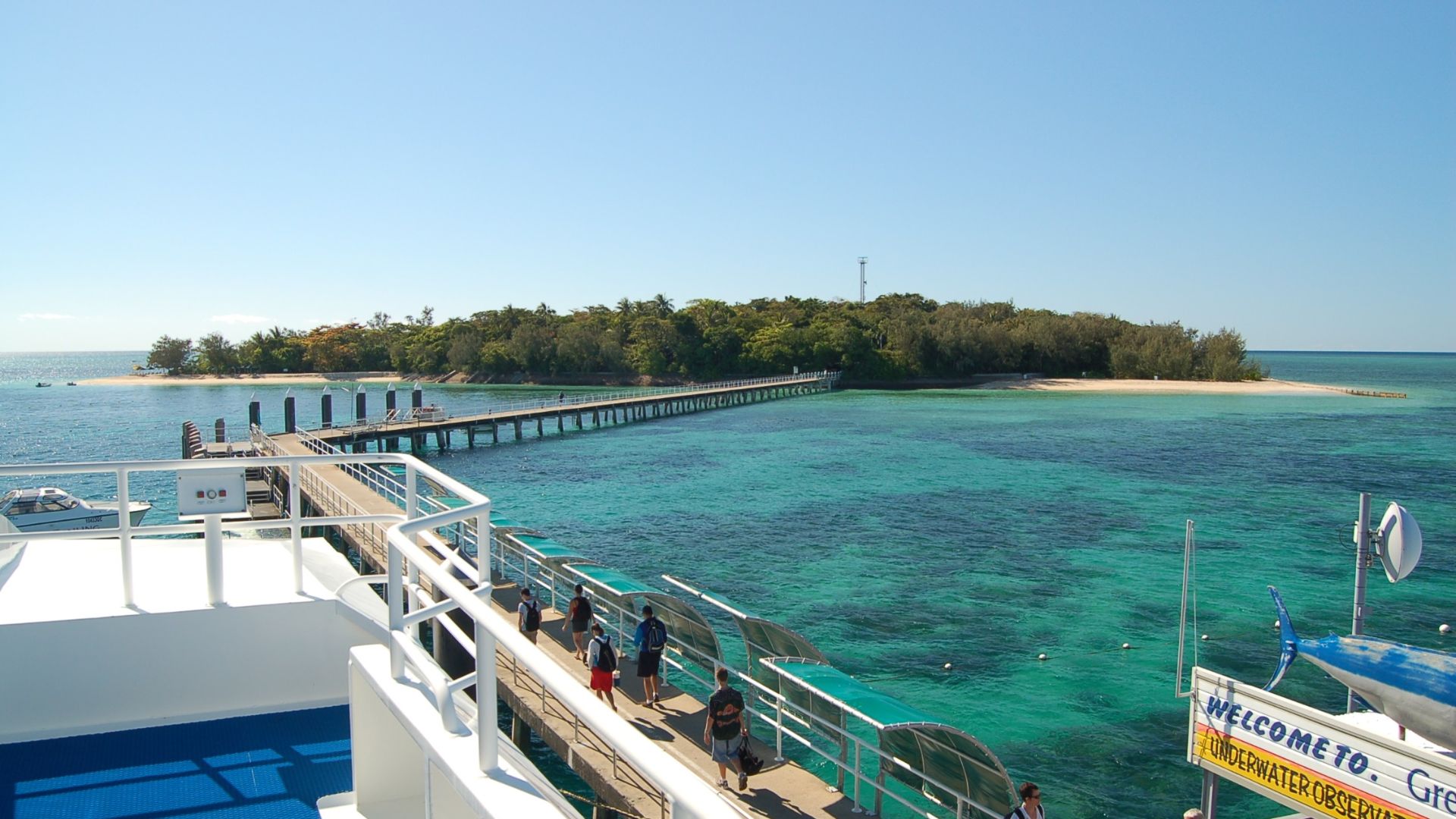 Stefan Heinrich, Wikimedia Commons
Stefan Heinrich, Wikimedia Commons
Tourists Fined At Trevi Fountain For Disrespect
Rome's Trevi Fountain is iconic, but managing tourist behavior has proven challenging. In 2023, over 300 people were fined for climbing on or damaging the site despite warnings posted. As a result, city officials raised penalties and expanded surveillance to protect this historic landmark from further harm.
 Kurt Kaiser, Wikimedia Commons
Kurt Kaiser, Wikimedia Commons
Short-Term Rentals Erode Local Life
In Venice's historic core, families have steadily disappeared. Census records from 2023 indicate a significant decline in full-time residents as landlords increasingly favor tourist rentals. As homes become profit engines, neighborhoods lose schools and generational continuity. Locals now refer to the city as a museum emptied of its Venetians.
 Frank Kovalchek from Anchorage, Alaska, USA, Wikimedia Commons
Frank Kovalchek from Anchorage, Alaska, USA, Wikimedia Commons
Santorini Struggles To Handle Its Popularity
When cruise ships dock in Santorini, roads become clogged within minutes. By 2022, the island imposed a daily cap on vehicle traffic, especially in Fira and Oia. Congestion blocked ambulances and deliveries. Local officials warned that without limits, the island's basic infrastructure could collapse under tourist volume.
Dress Code Clashes Spark Tension In Thai Temples
At Bangkok's Grand Palace, signs banning sleeveless tops and short skirts are unavoidable—yet often ignored. In 2023, temple officials reported a rise in violations. Some tourists claimed ignorance, and others pushed back. Enforcement was tightened, and temple guards were granted new authority to issue on-the-spot fines.
Ibiza Protestors Soak Tourists To Send A Message
Locals in Ibiza grabbed squirt guns in 2024 and turned water into a message. What began as playful spraying quickly went viral, with protestors targeting tourists seen as disrespectful. Their aim wasn't to harm but to raise visibility, which drew attention to the social stress caused by over-tourism.
 Protesters Spray American Tourists With Water Guns in Spain by Inside Edition
Protesters Spray American Tourists With Water Guns in Spain by Inside Edition
A Future Where Visitors And Locals Thrive
Costa Rica stands out as a clear example of eco-tourism done right. Its national certification program connects sustainability goals to measurable results, while revenue sharing ensures that local communities benefit. As protected areas begin to recover, the country demonstrates how tourism can strike a balance between nature and long-term prosperity.
Evaluating Your Travel Impact
Your travel footprint goes beyond emissions. Online tools now enable visitors to estimate their impact on water use and cultural spaces. Platforms like EarthCheck and Sustainable Travel International offer personalized assessments. These metrics will help you make better decisions and align your habits with the destination's well-being.
 WeGOJA Foundation, Wikimedia Commons
WeGOJA Foundation, Wikimedia Commons
What It Truly Means To Travel Responsibly
Responsible travel isn't just about using less plastic or booking eco-lodges. Guidelines from the Global Sustainable Tourism Council emphasize the importance of respecting local customs and minimizing disruptions to them. Major travel groups, including tour operators and cruise lines, now require adherence to these principles in destination agreements.
Reflecting Before You Book
Booking a trip often begins with dates and flights, yet deeper reflection now shapes responsible choices. Ethical travel resources encourage individuals to reflect on their motivations, whether they are seeking novelty or meaningful experiences. This early awareness helps nurture a lasting respect between visitors and local communities.
Every Small Action Adds To The Whole
A single reused towel or local meal won't fix overtourism. Yet each choice ripples outward. When enough travelers favor low-impact habits, norms shift. In surveys, destinations such as Bhutan and New Zealand report stronger outcomes when visitor education incorporates the cumulative impact of everyday actions.
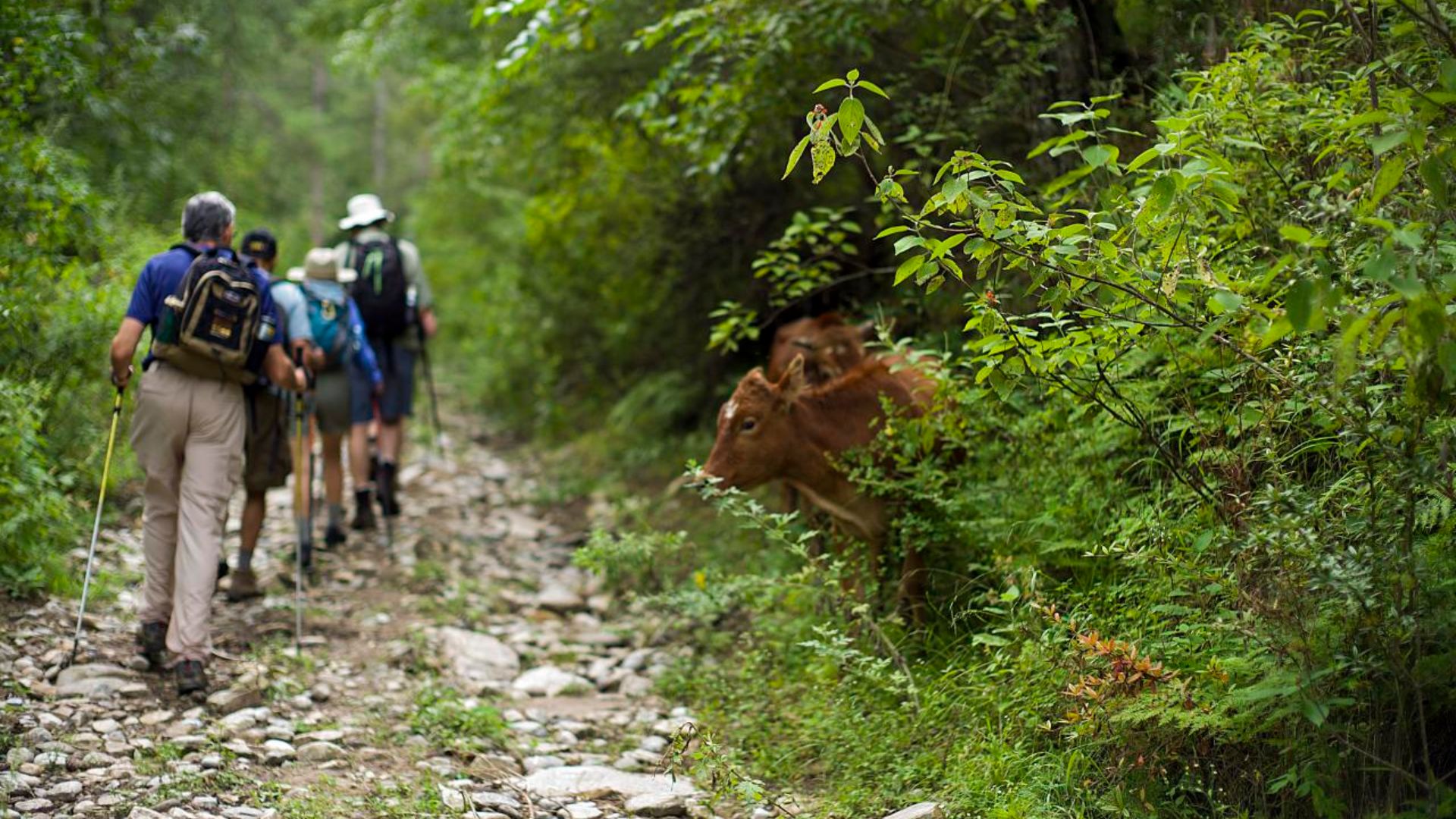 Christopher Michel, Wikimedia Commons
Christopher Michel, Wikimedia Commons



